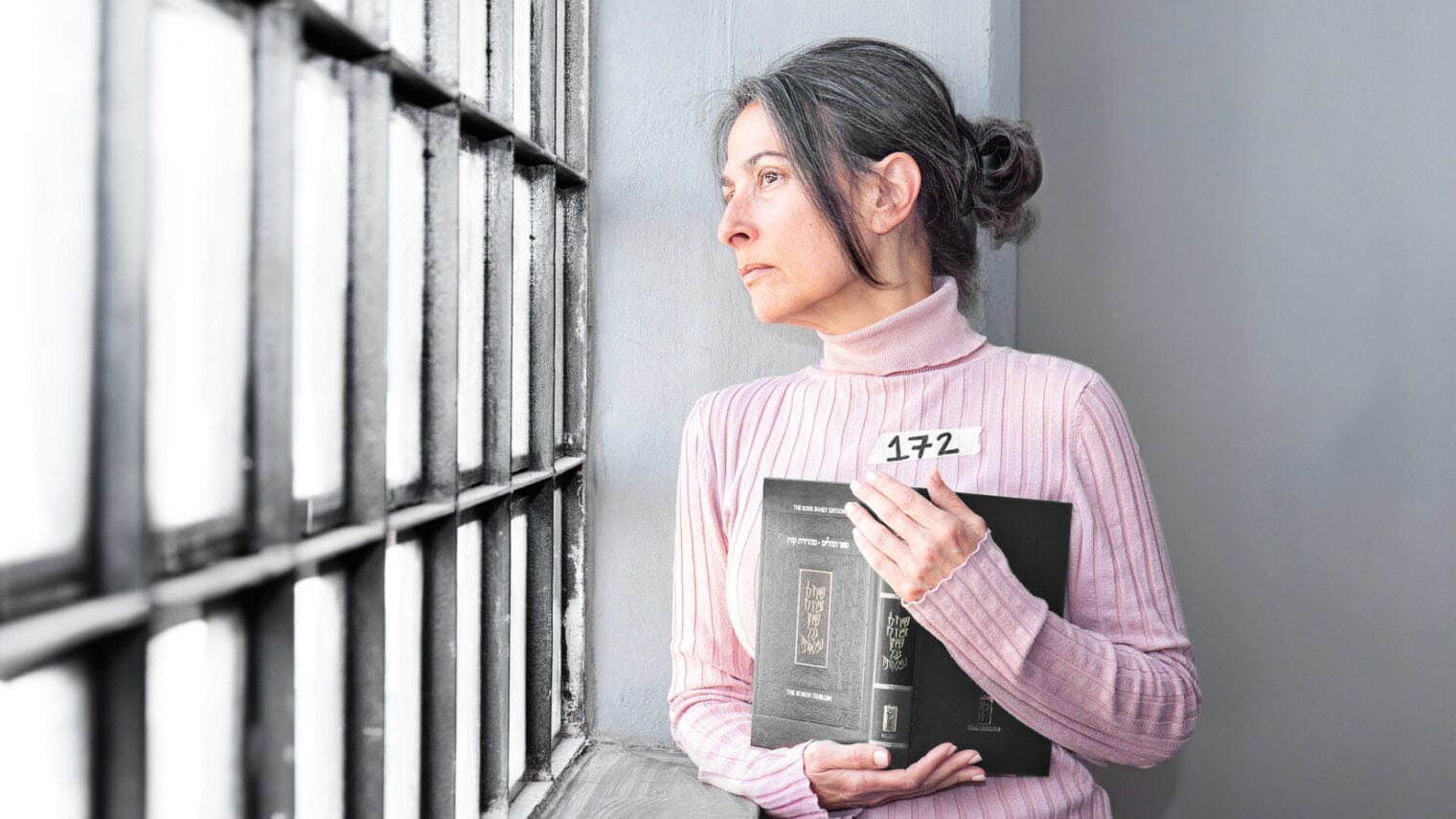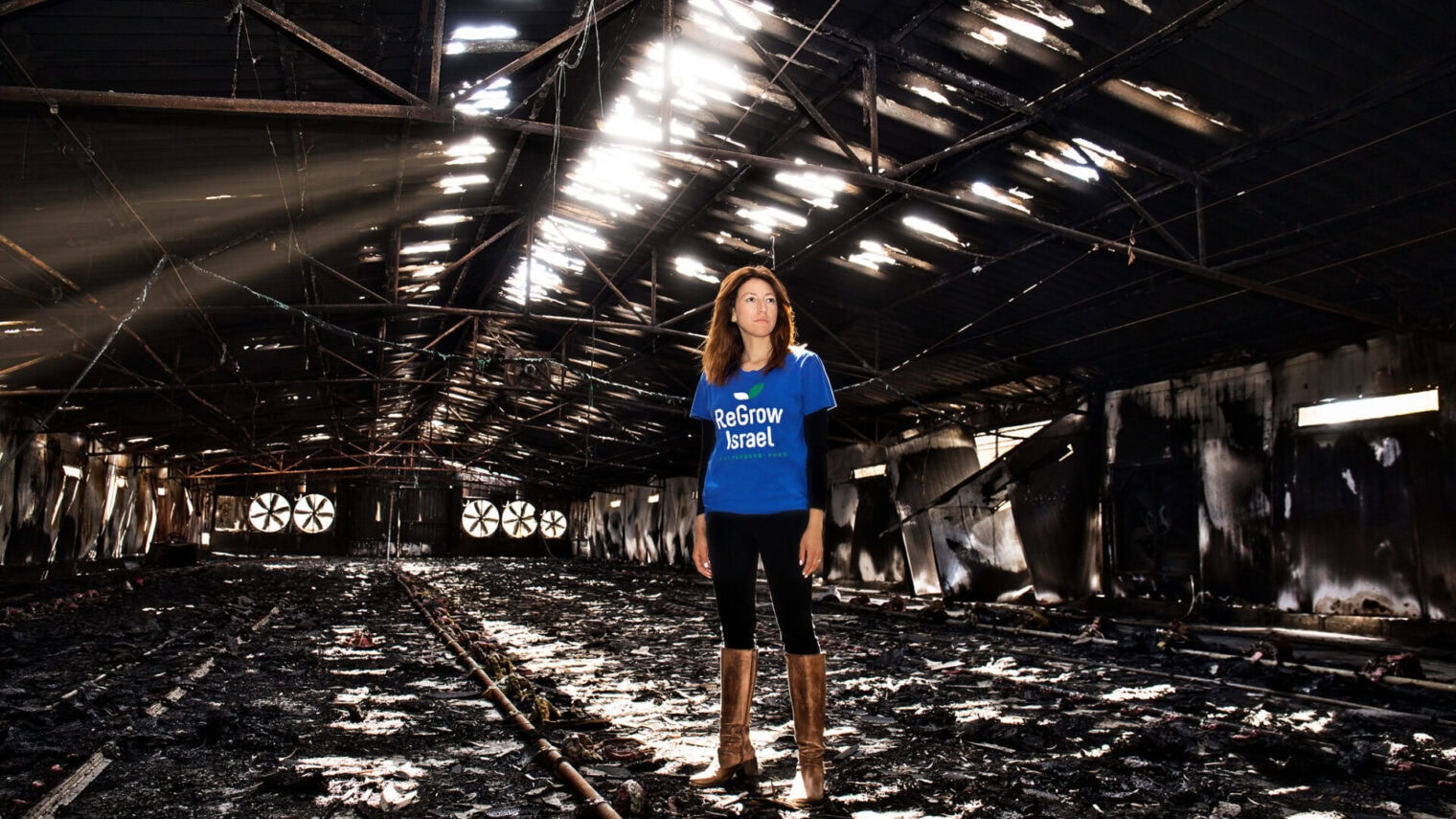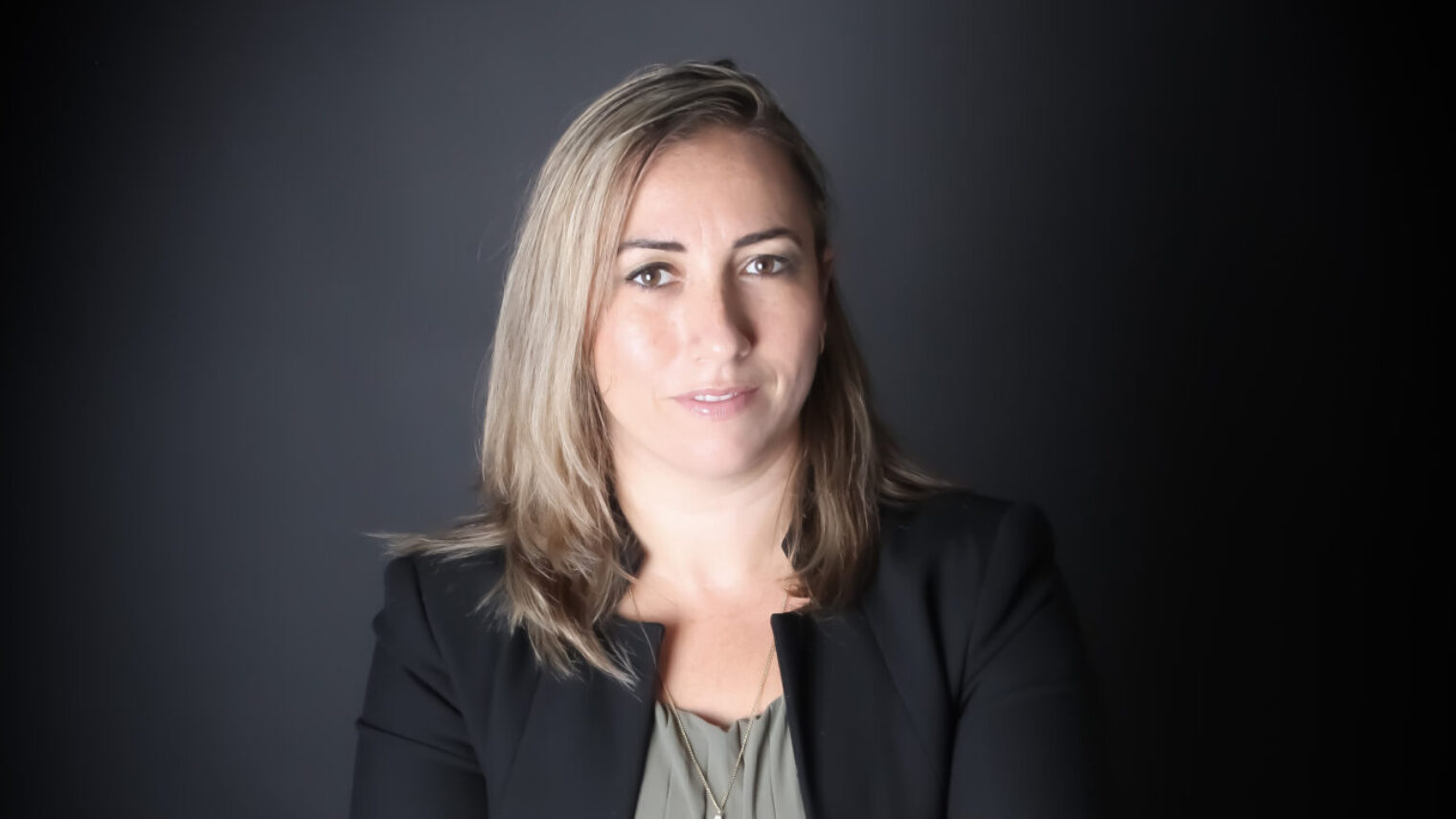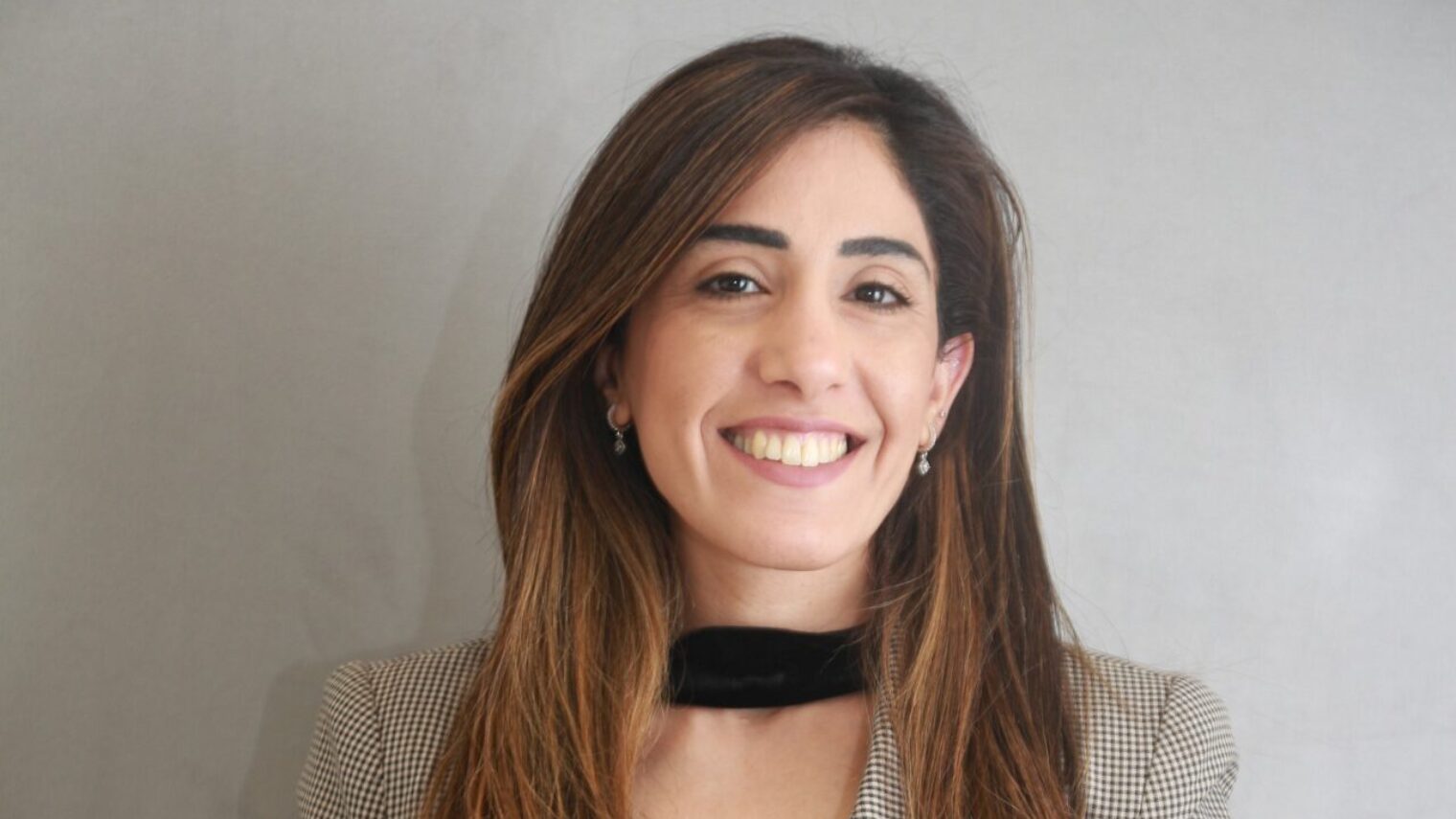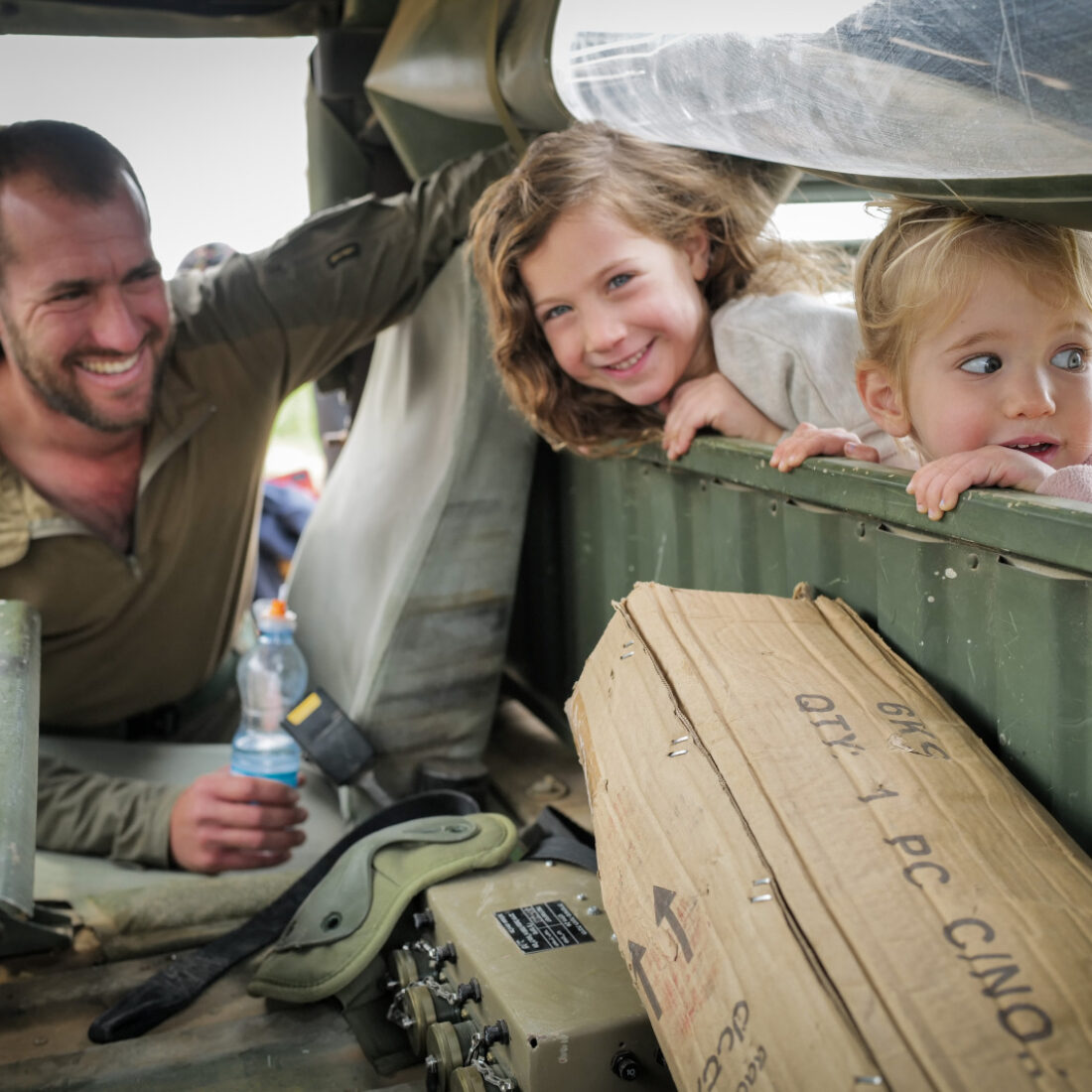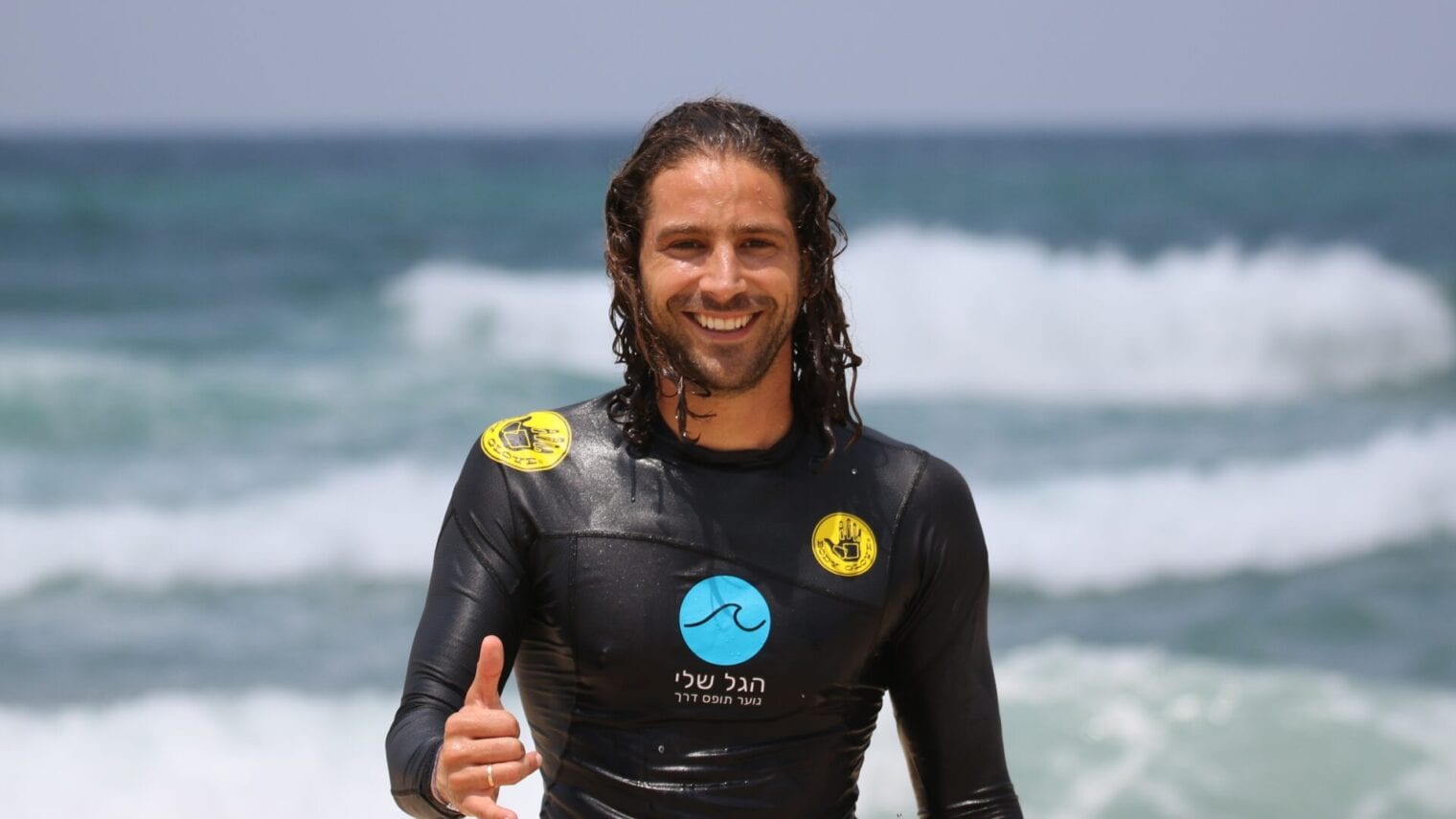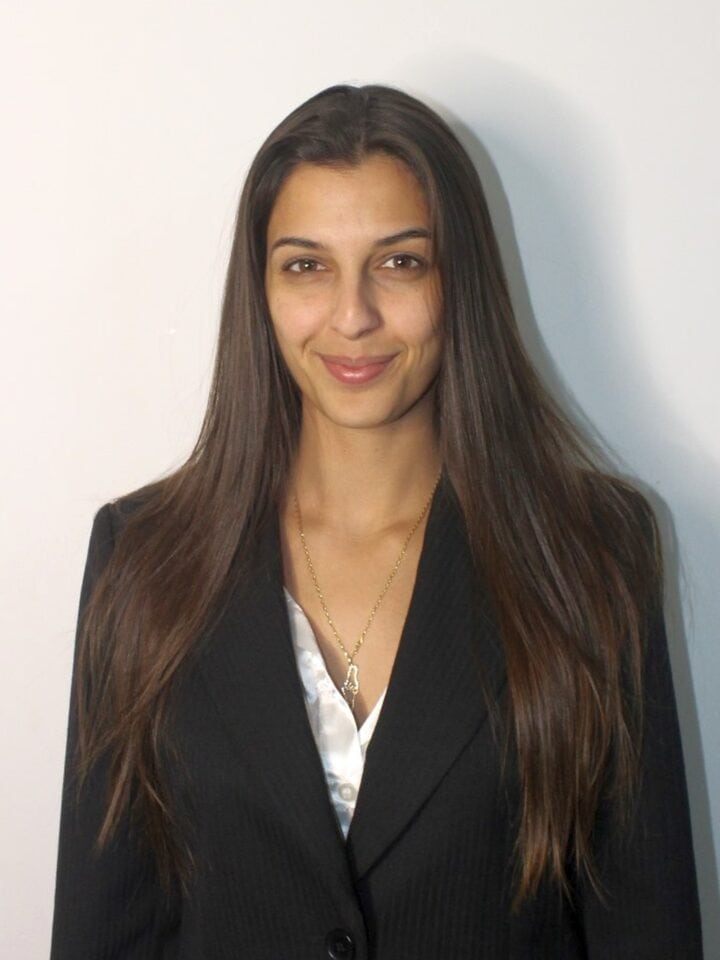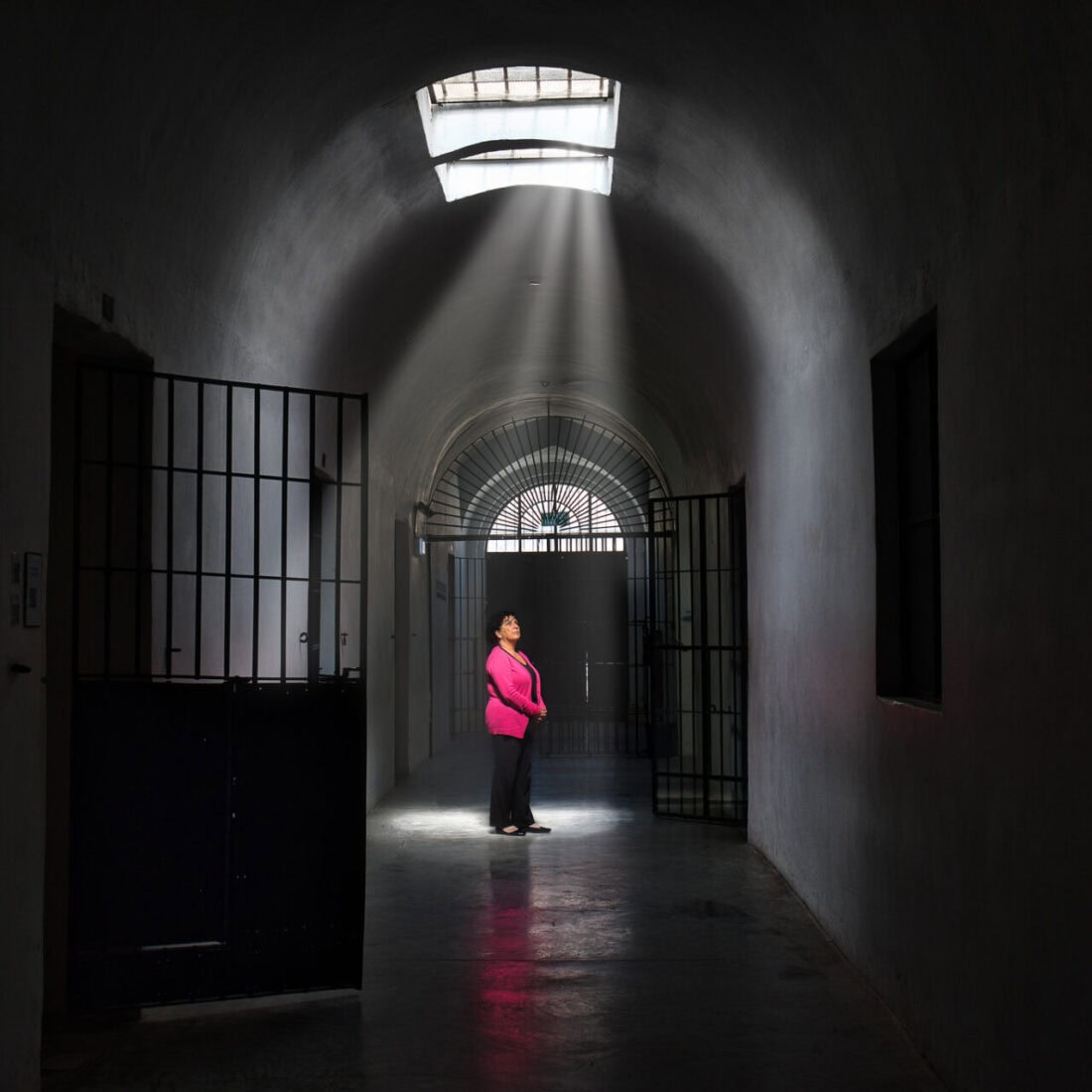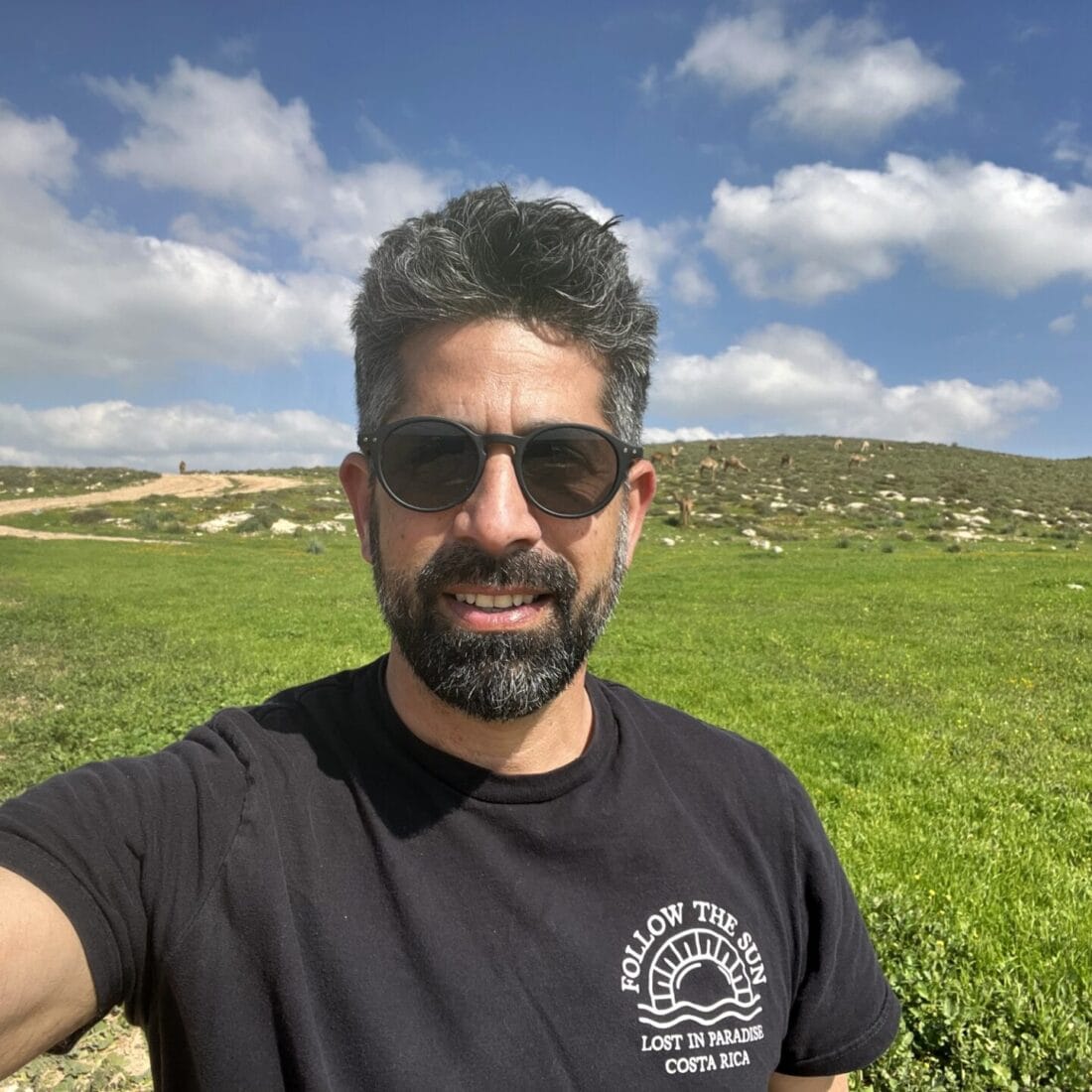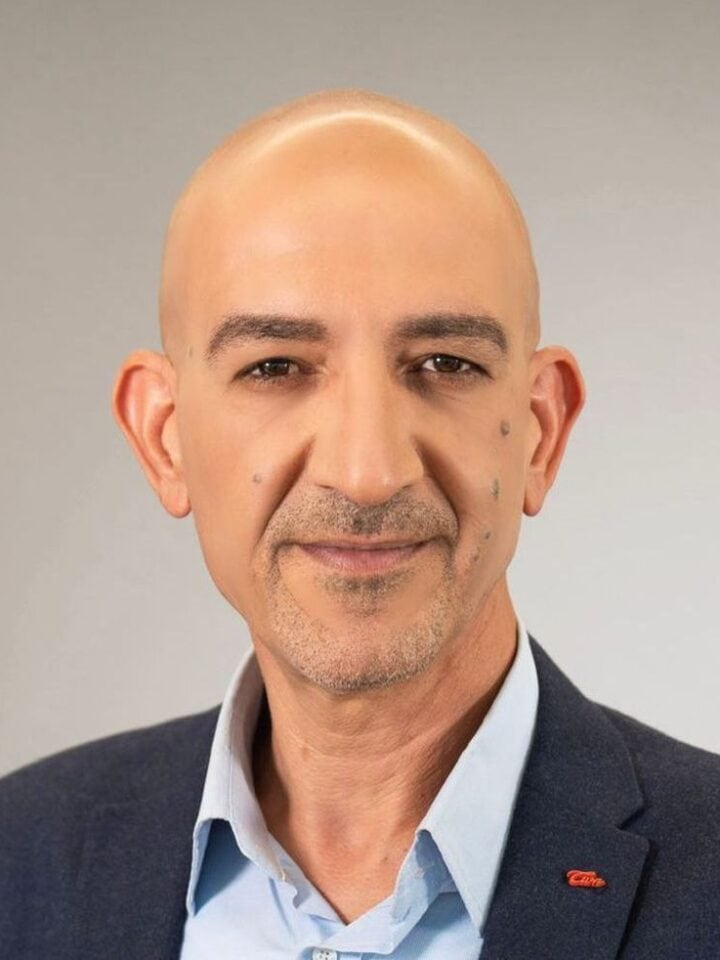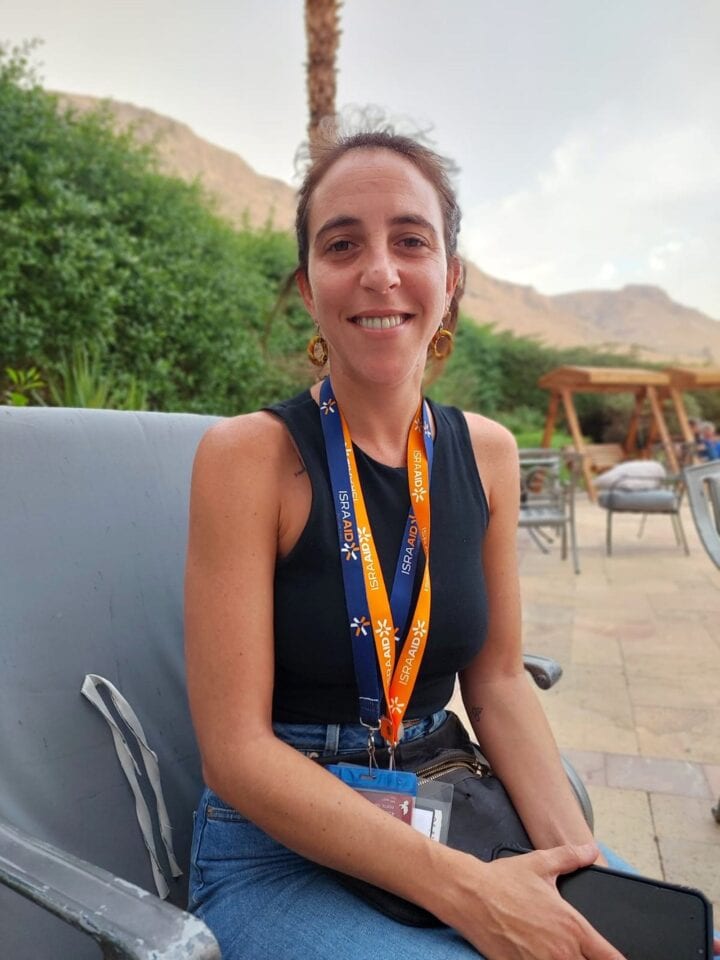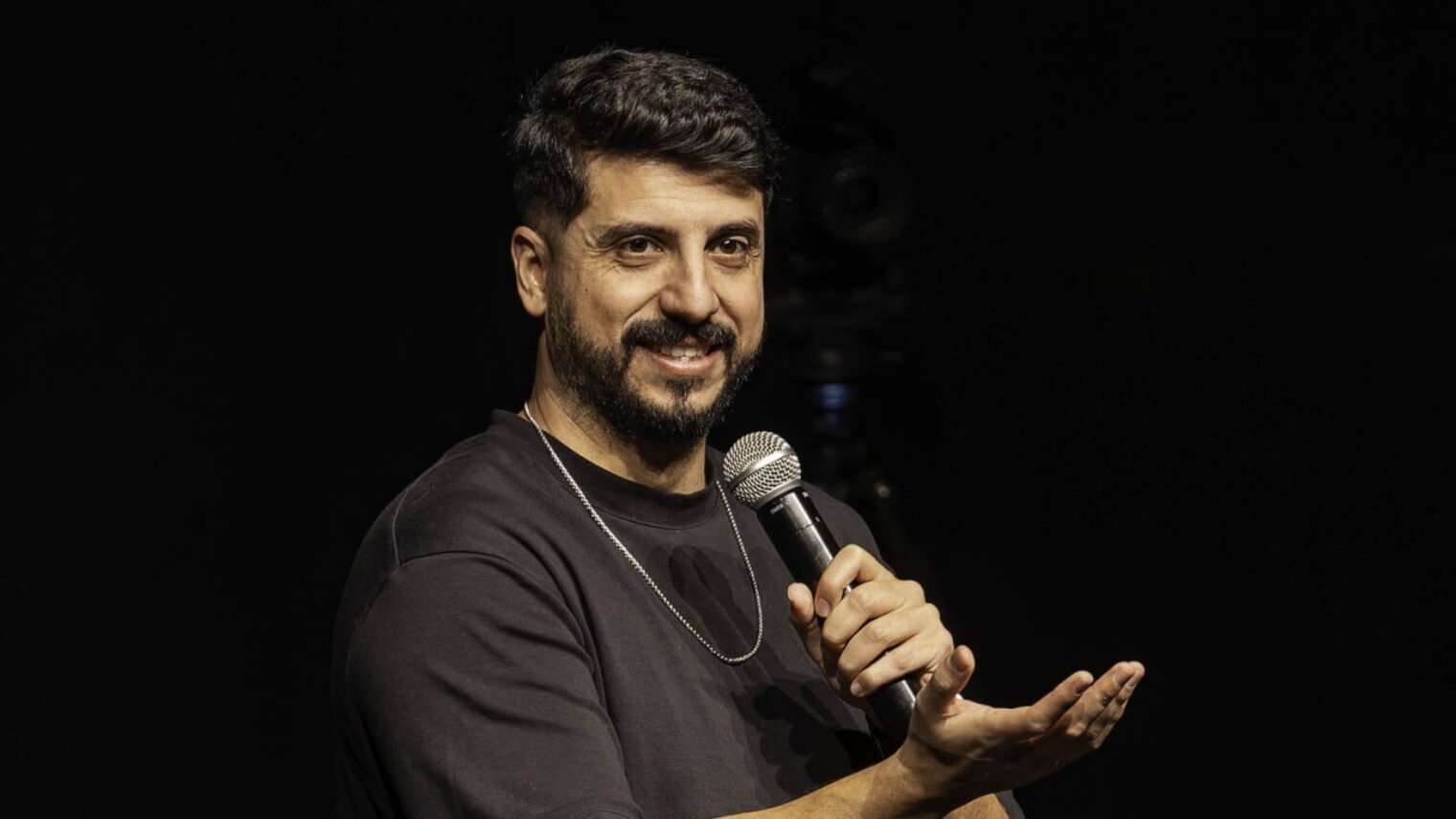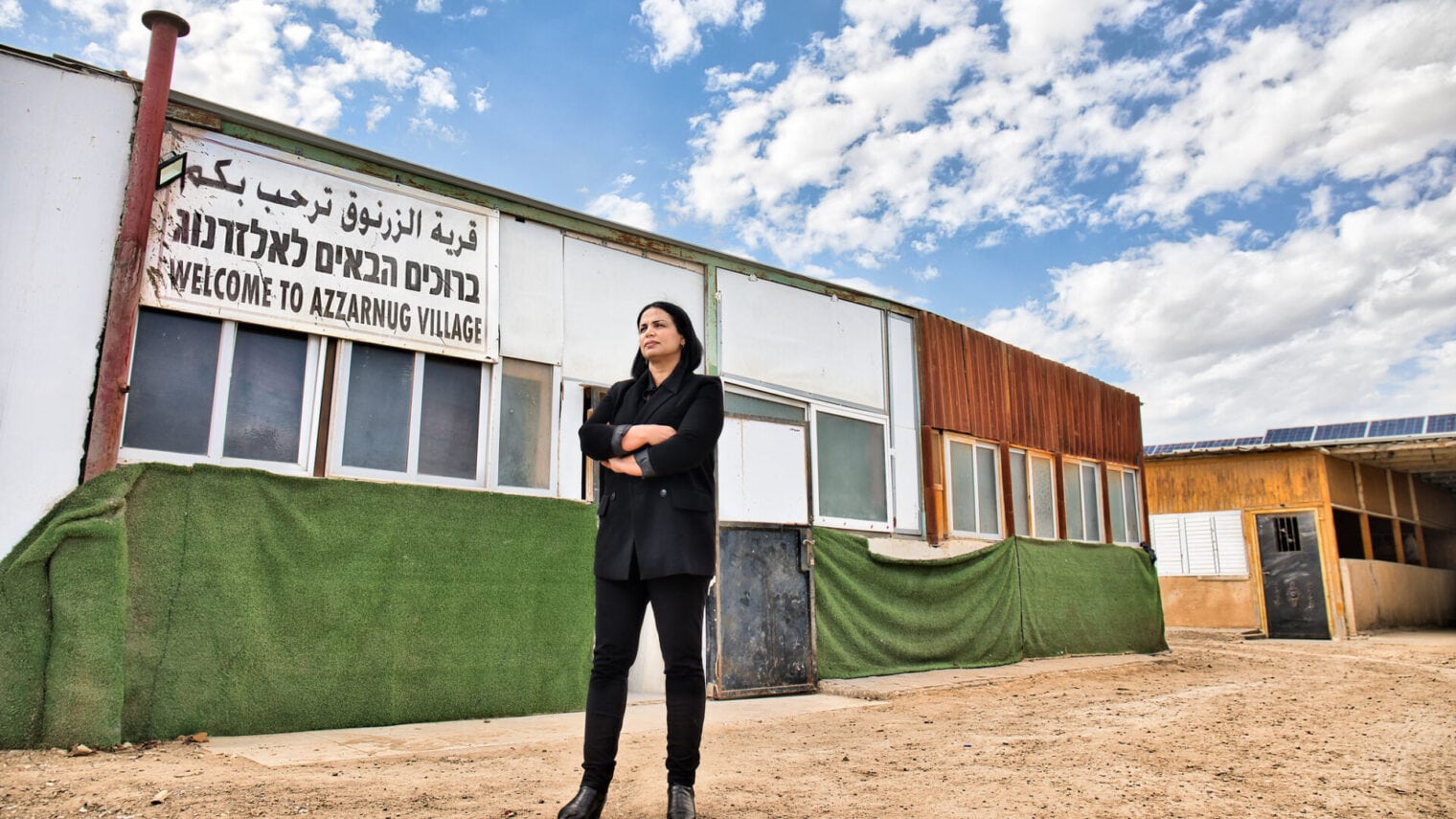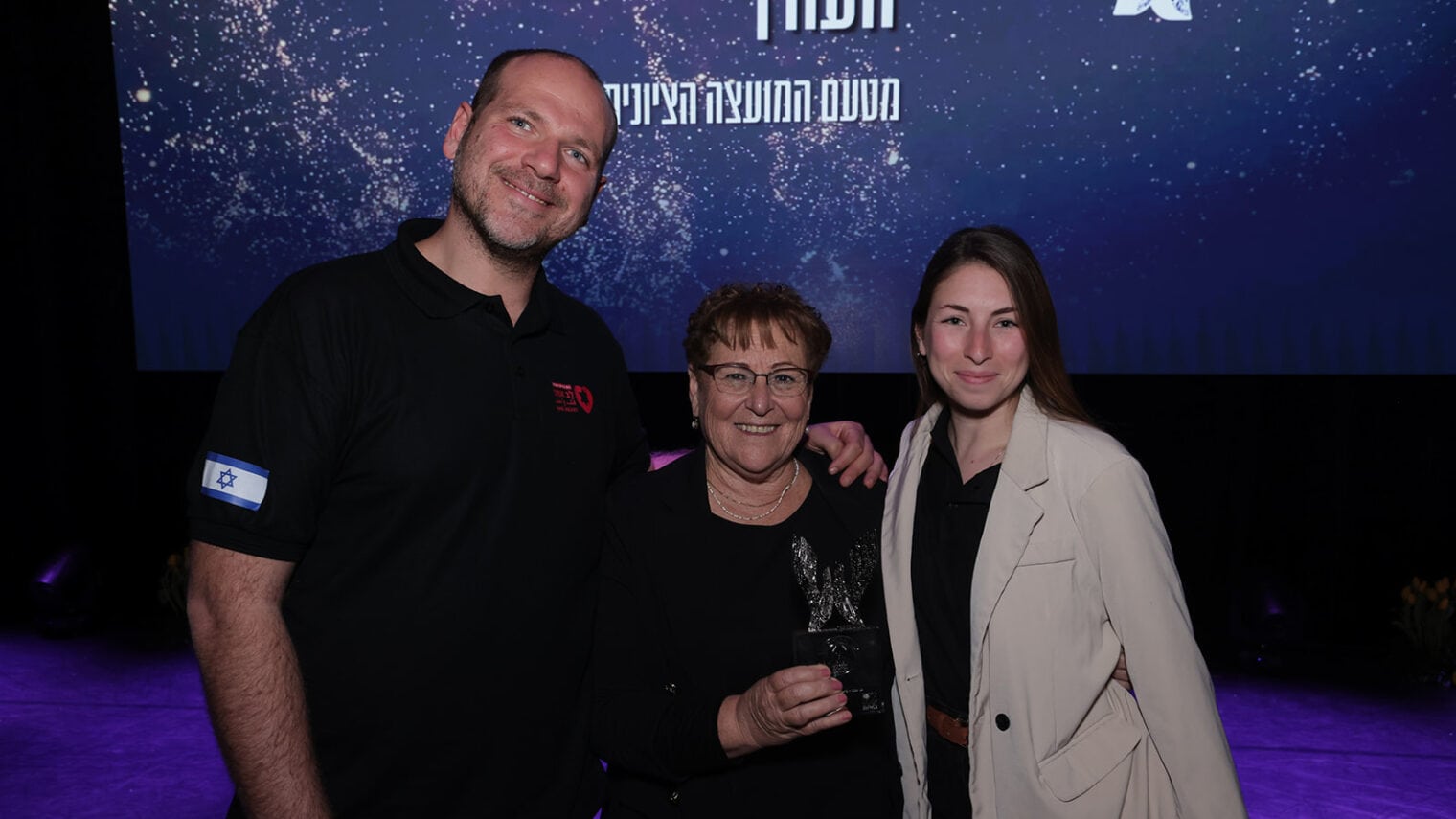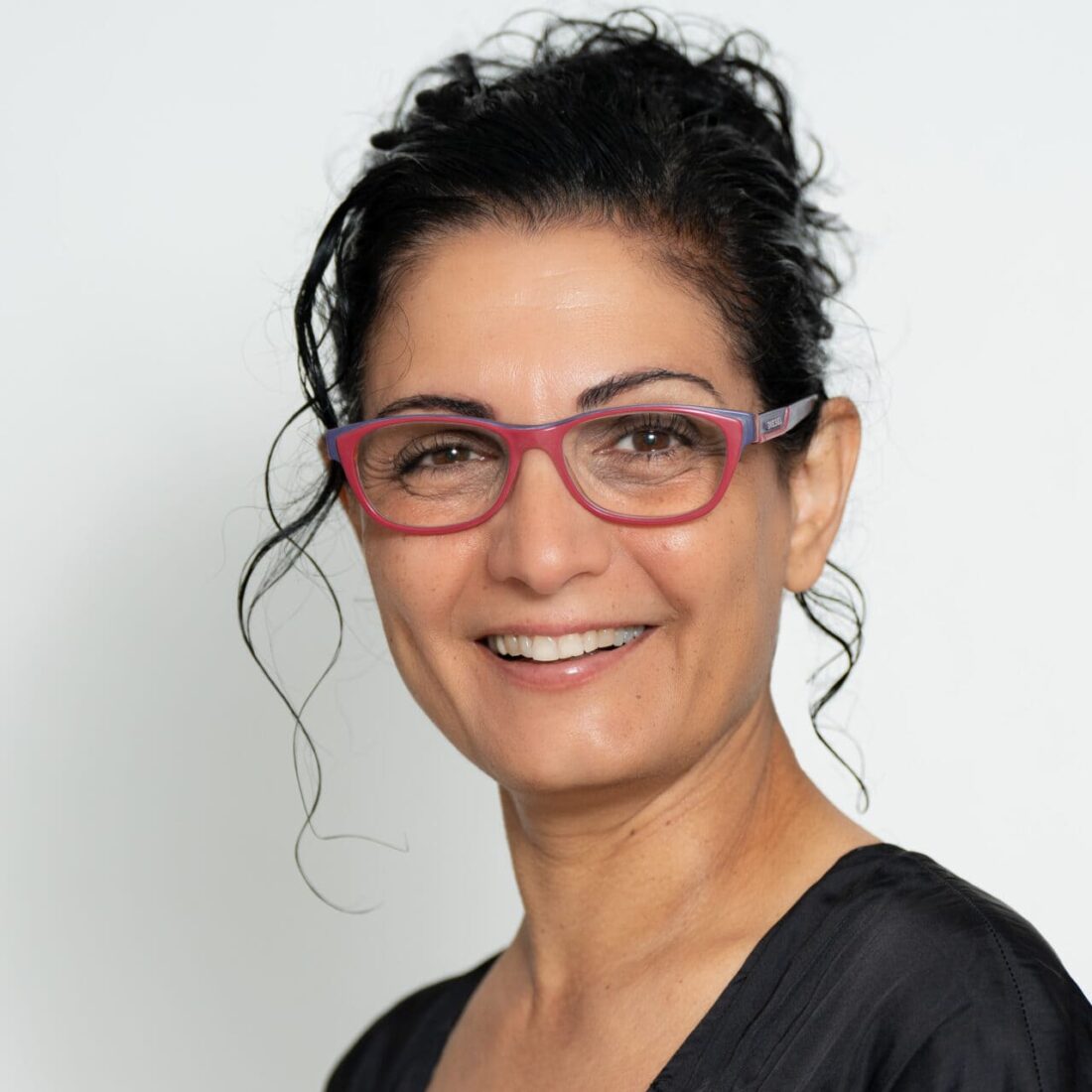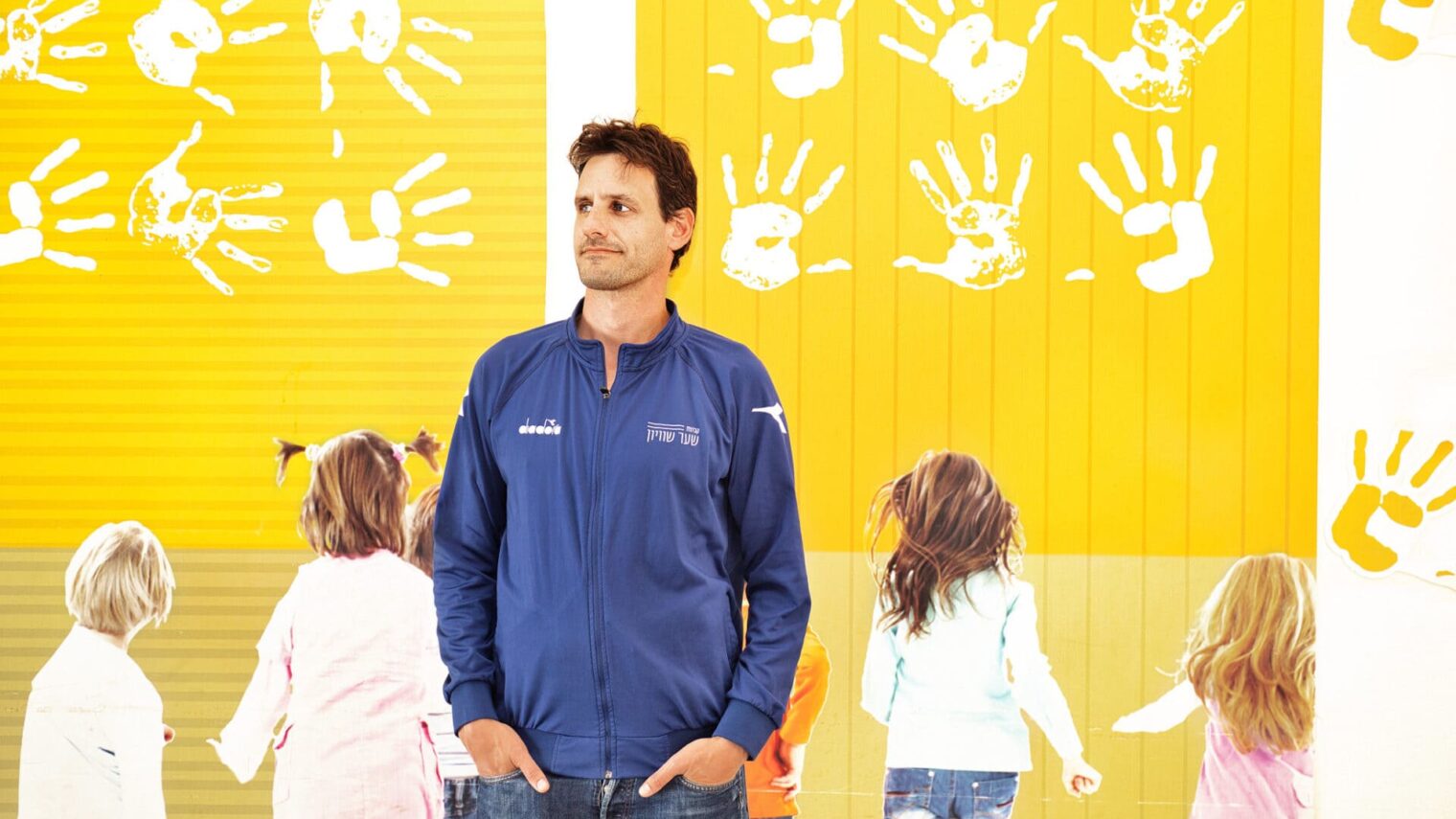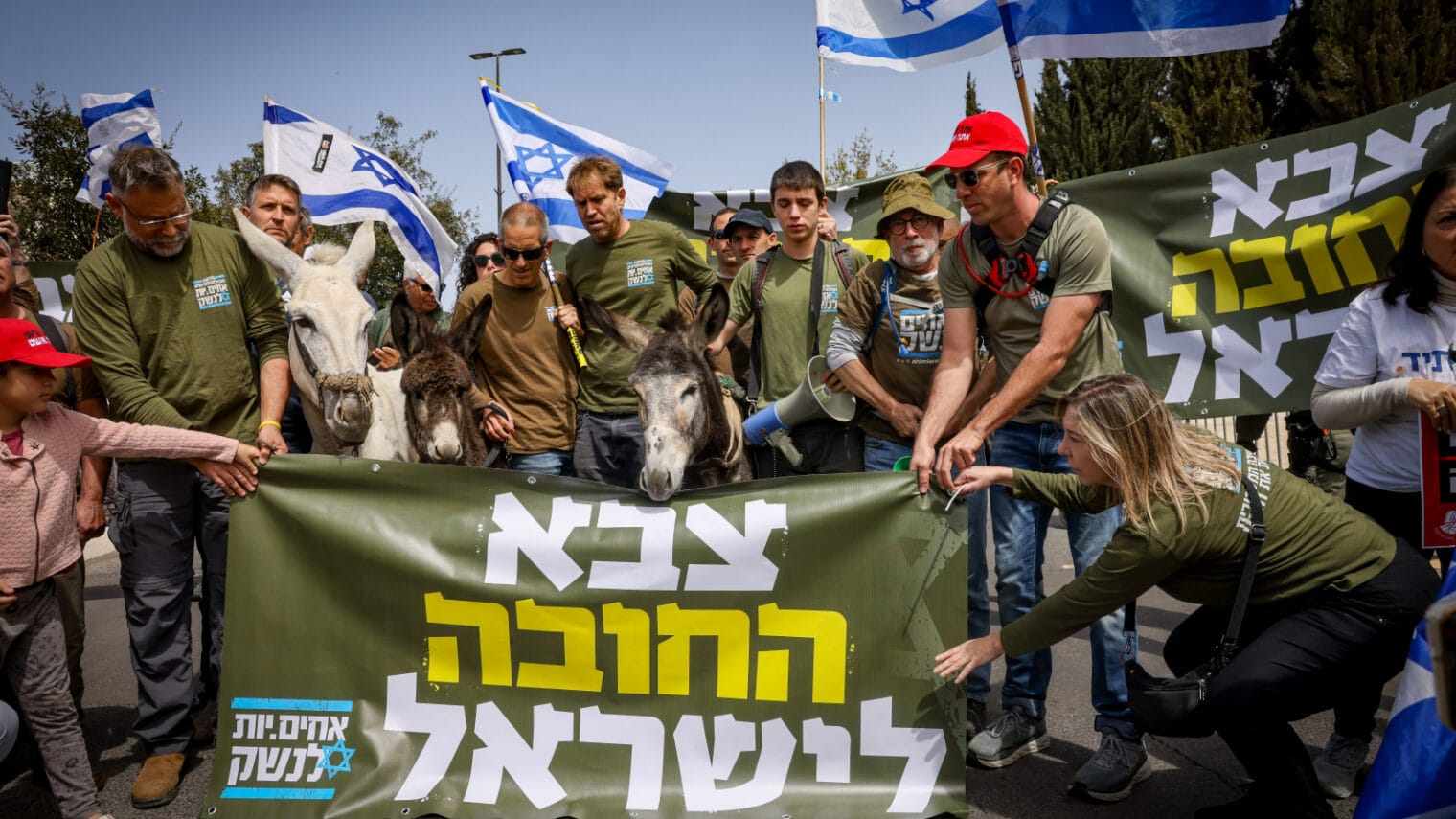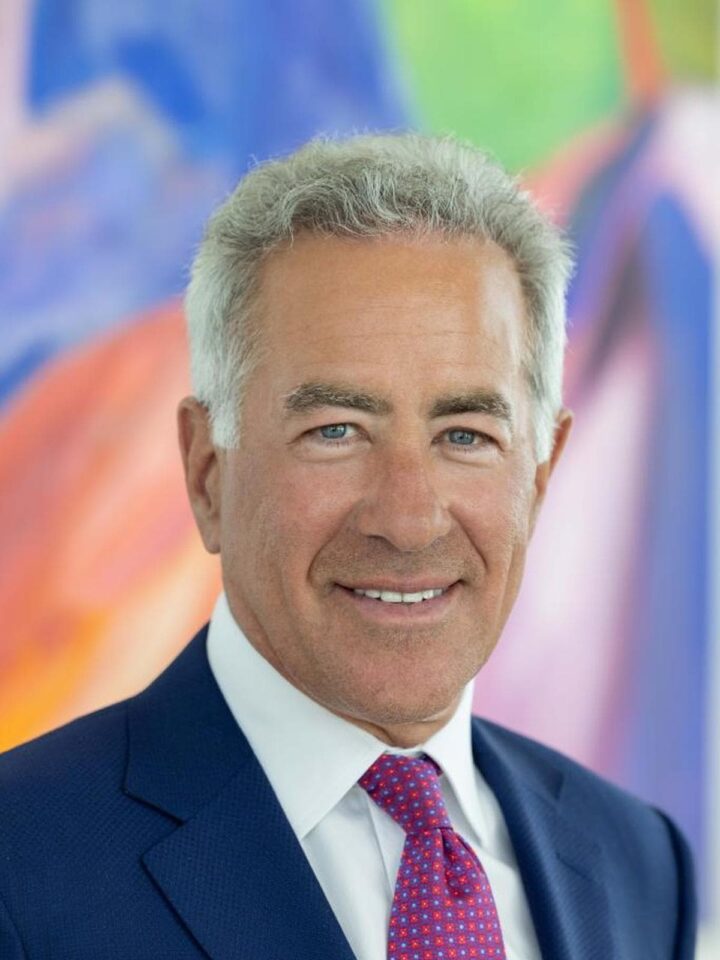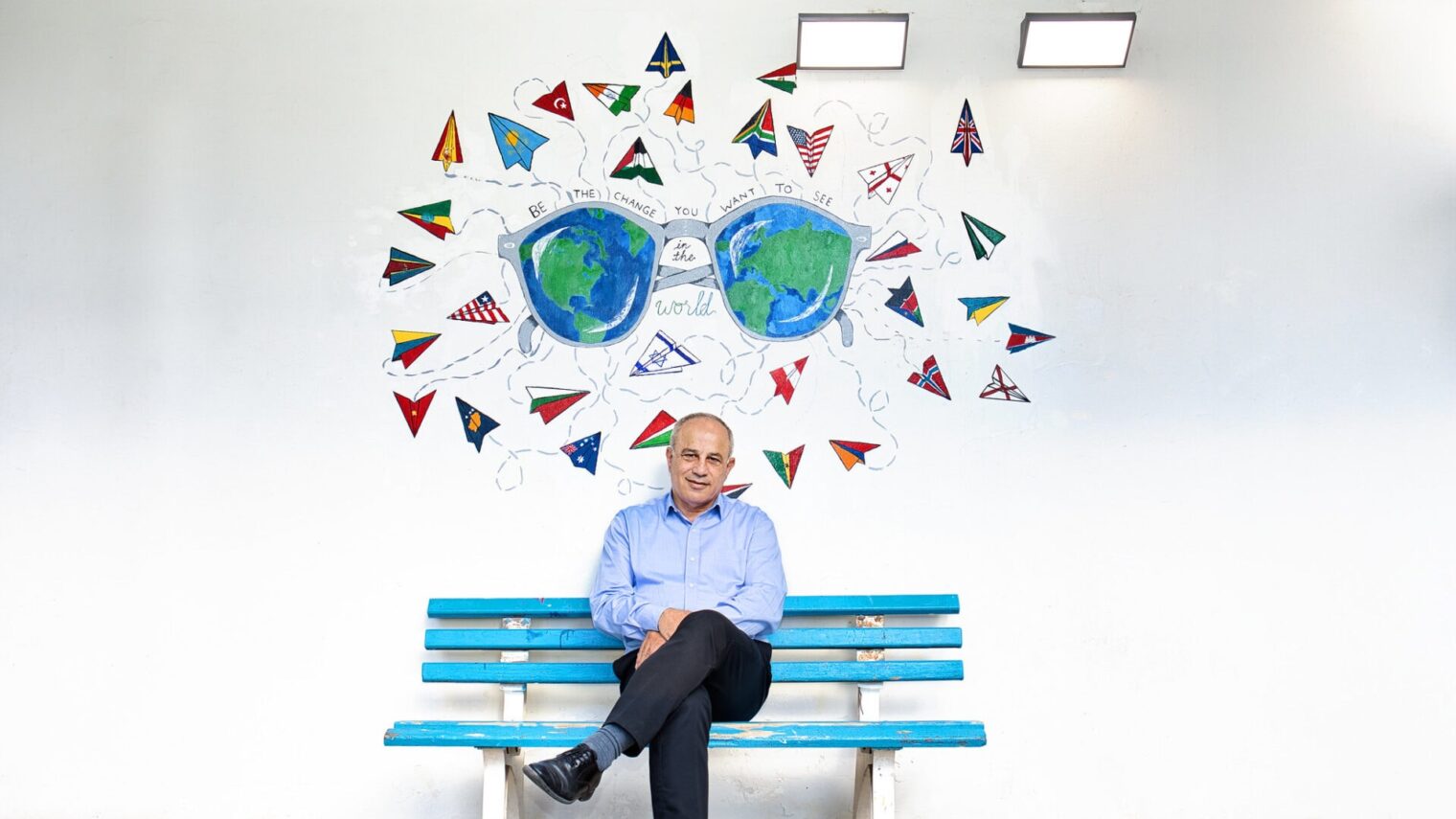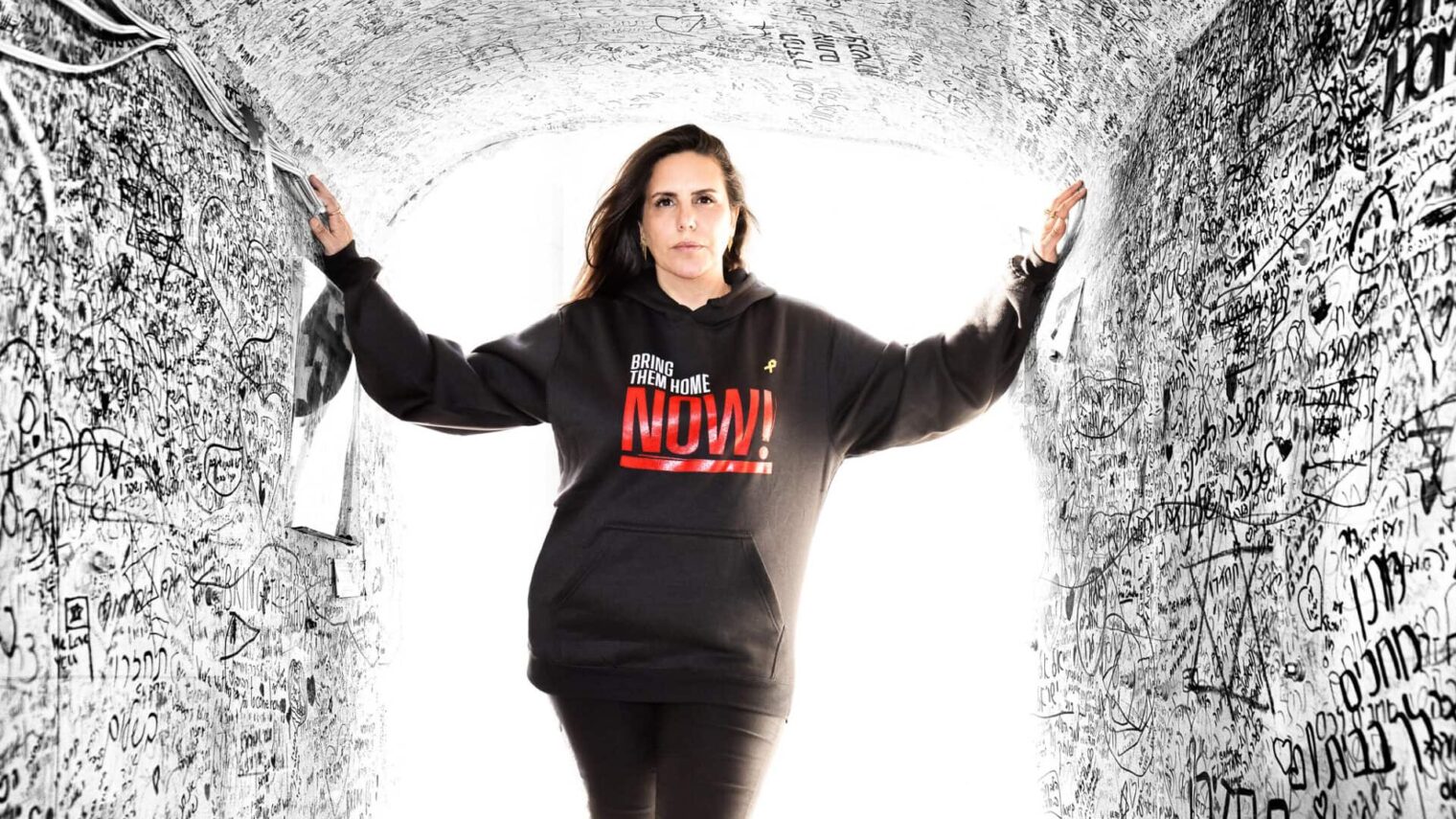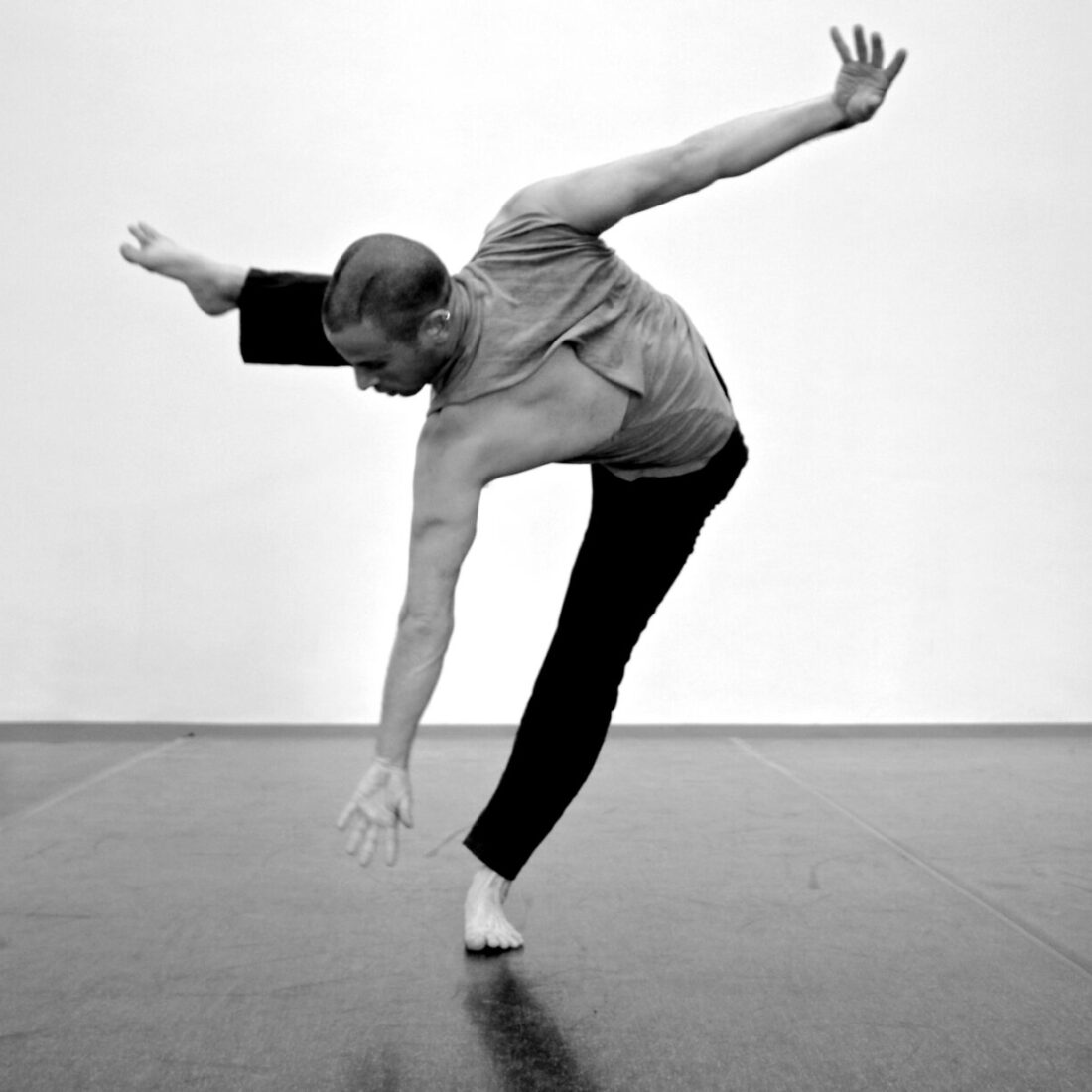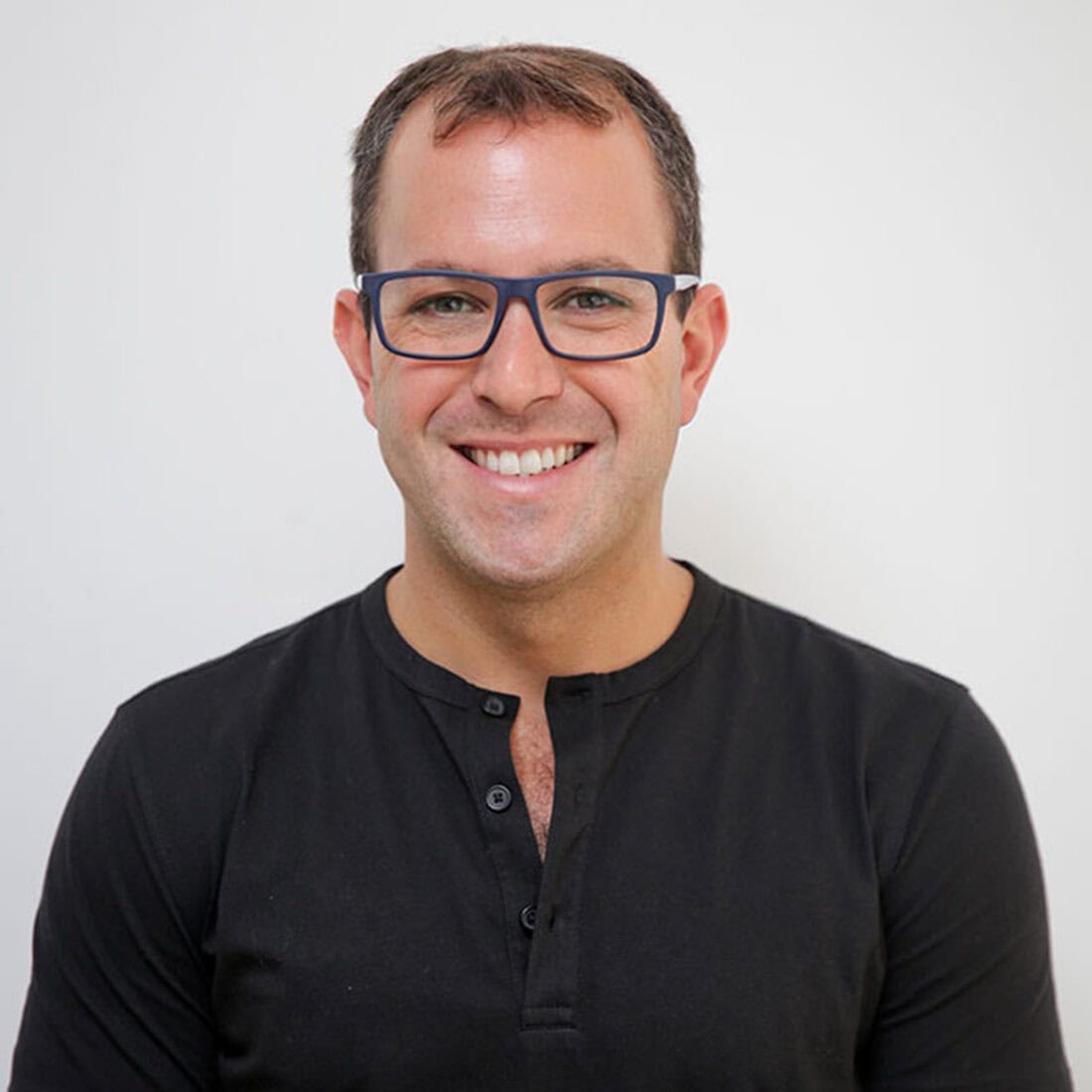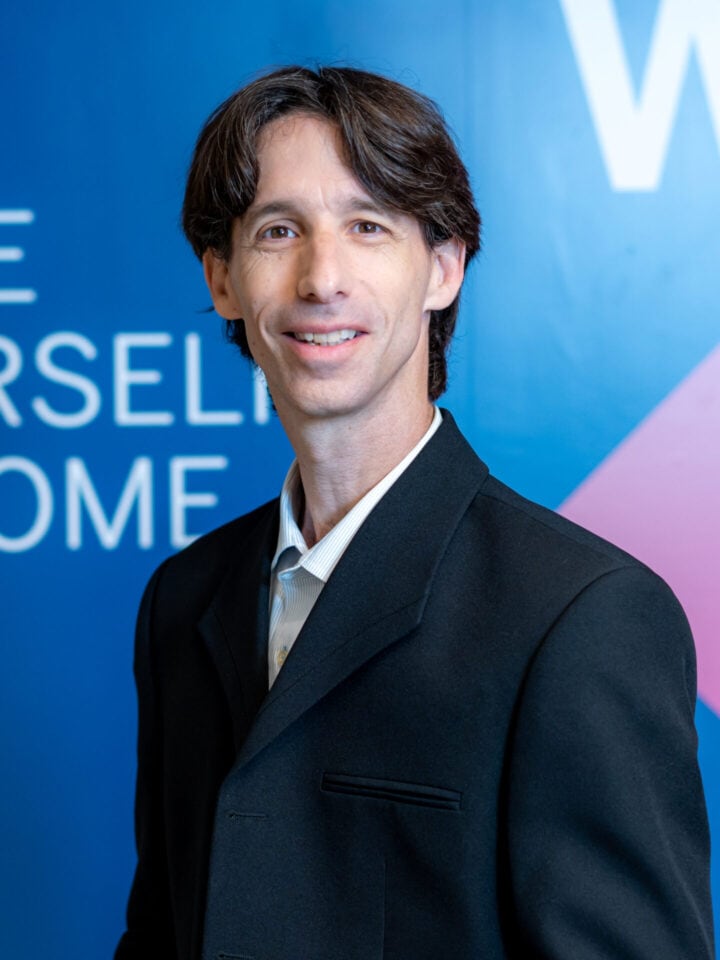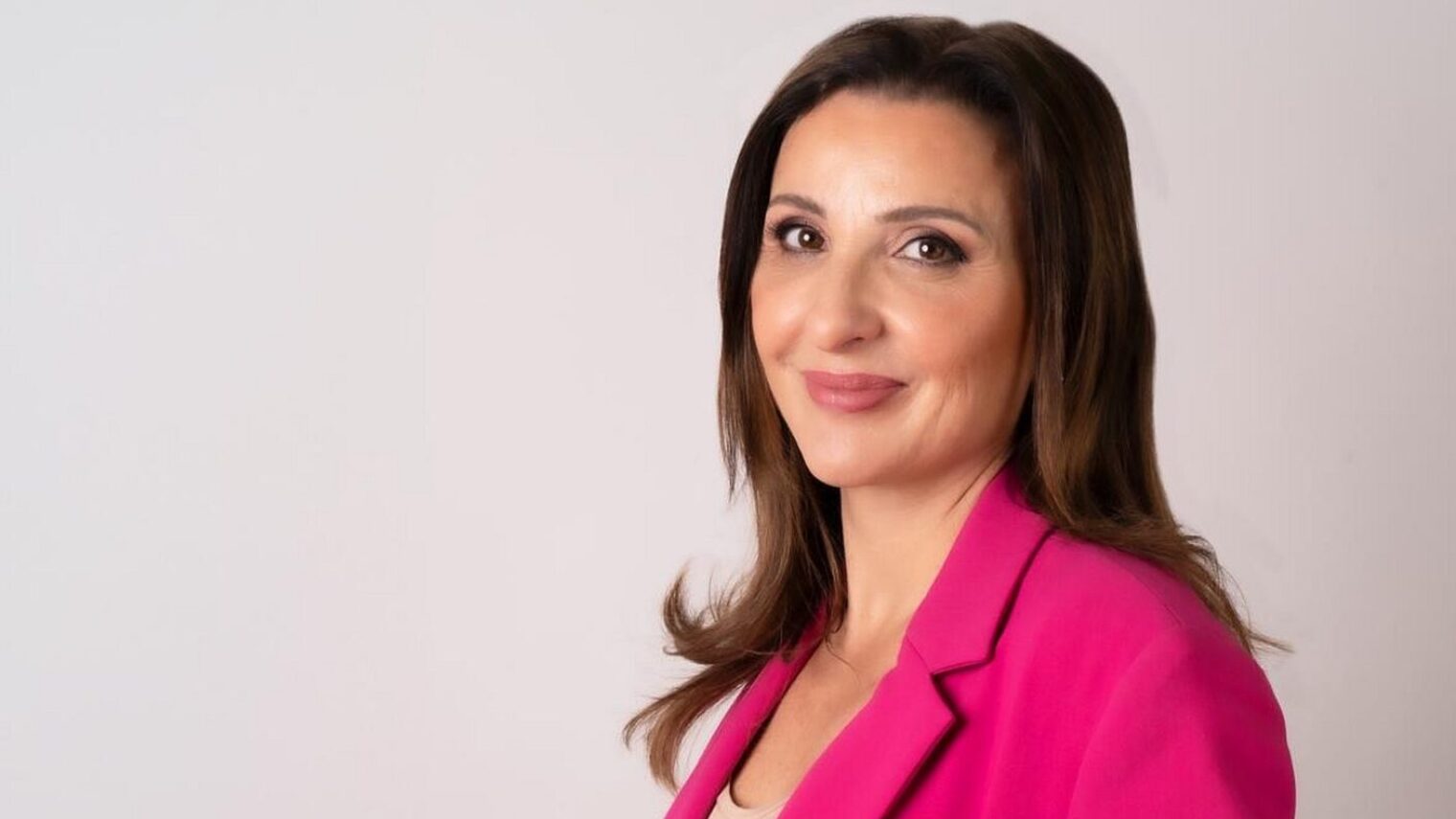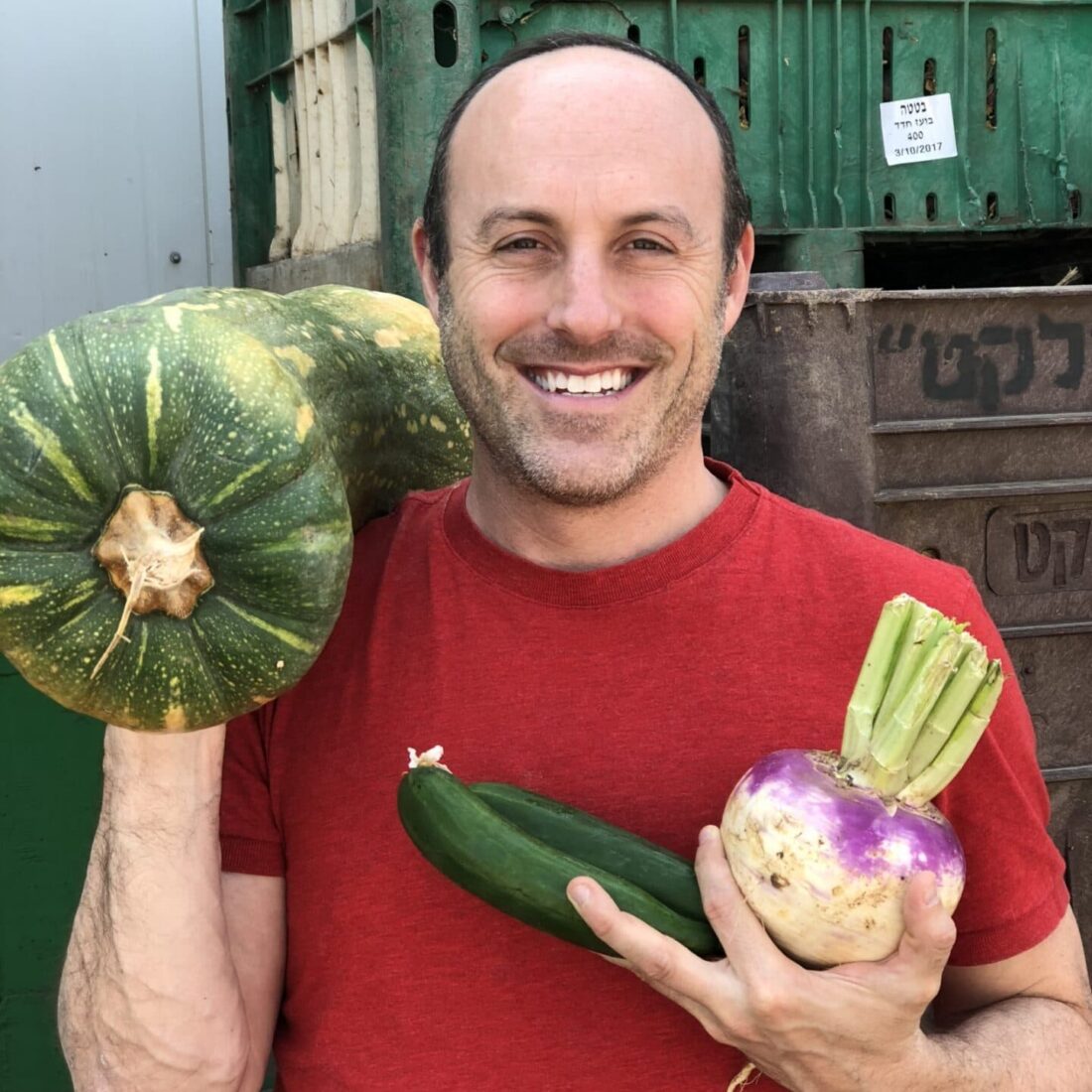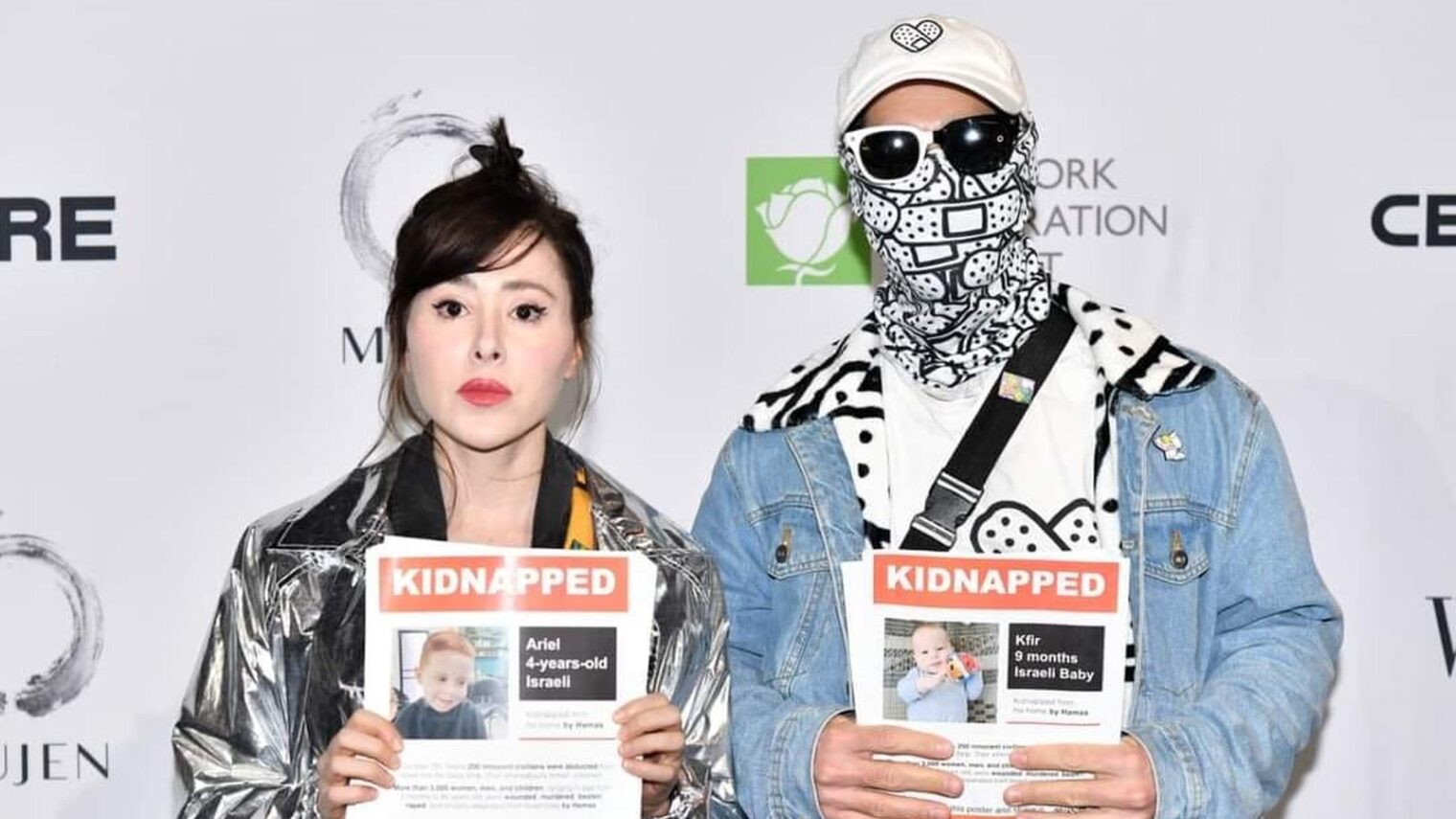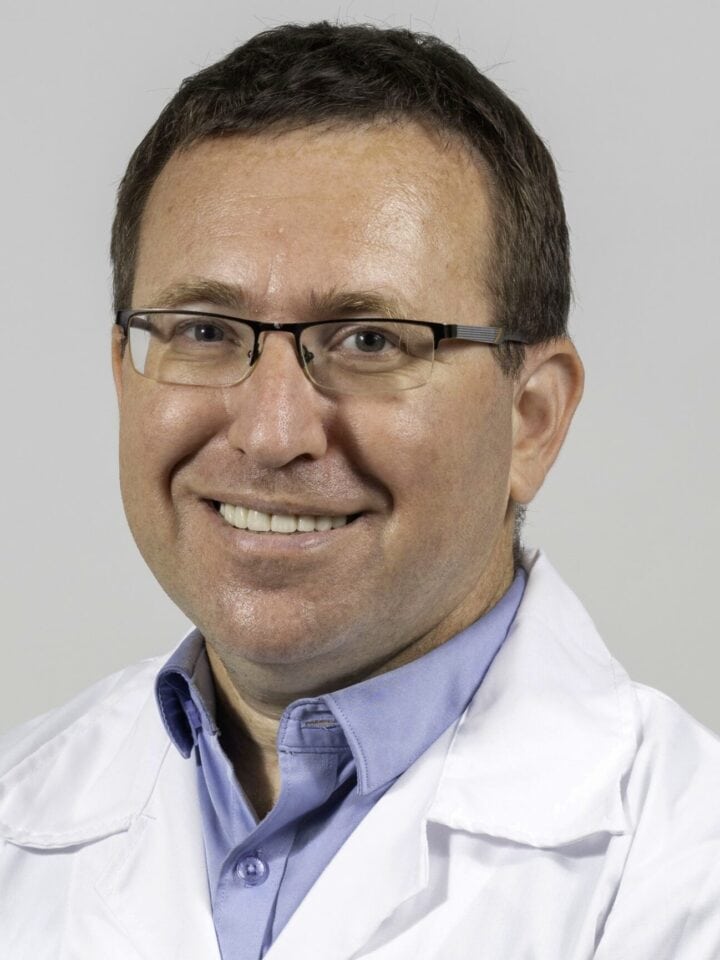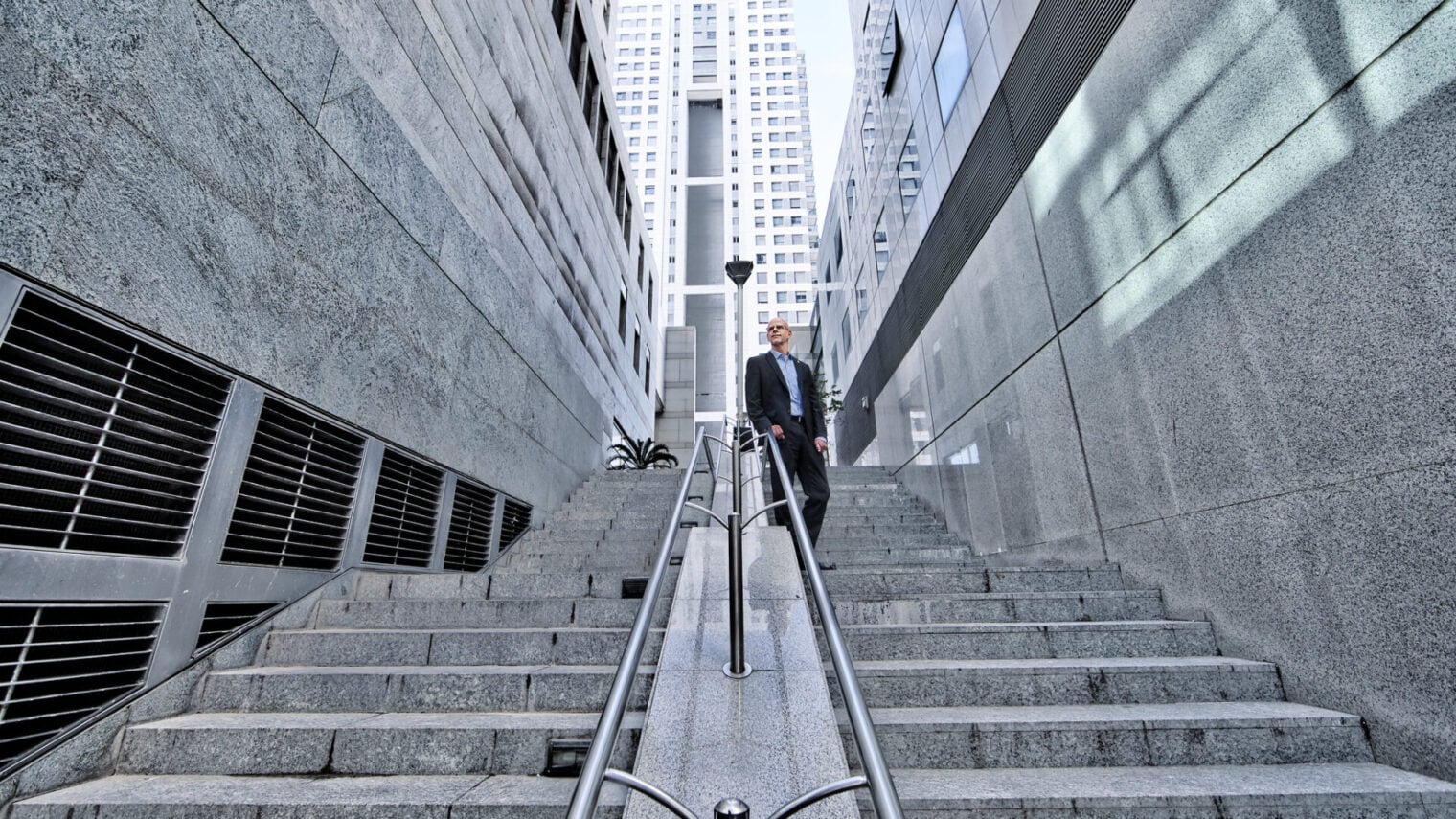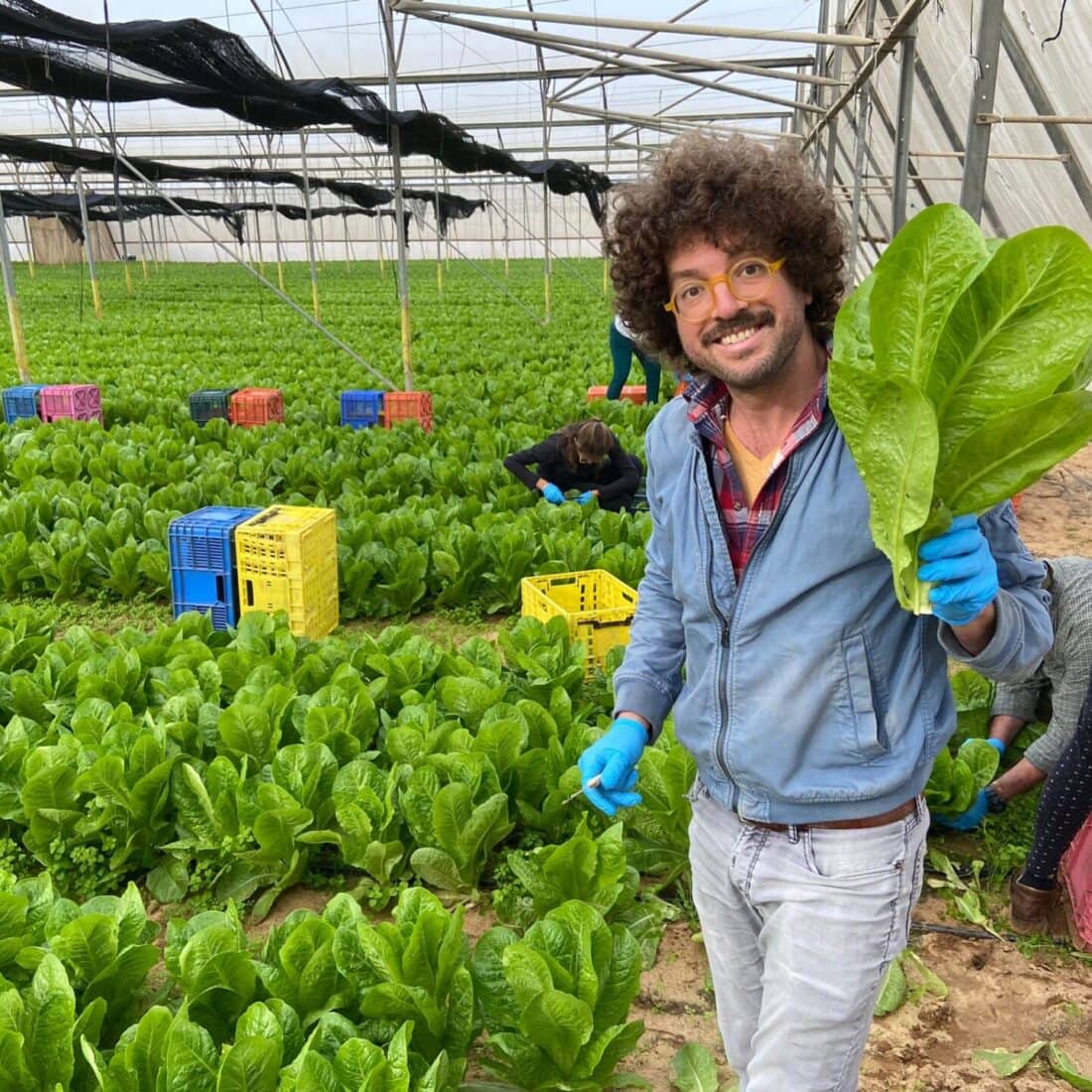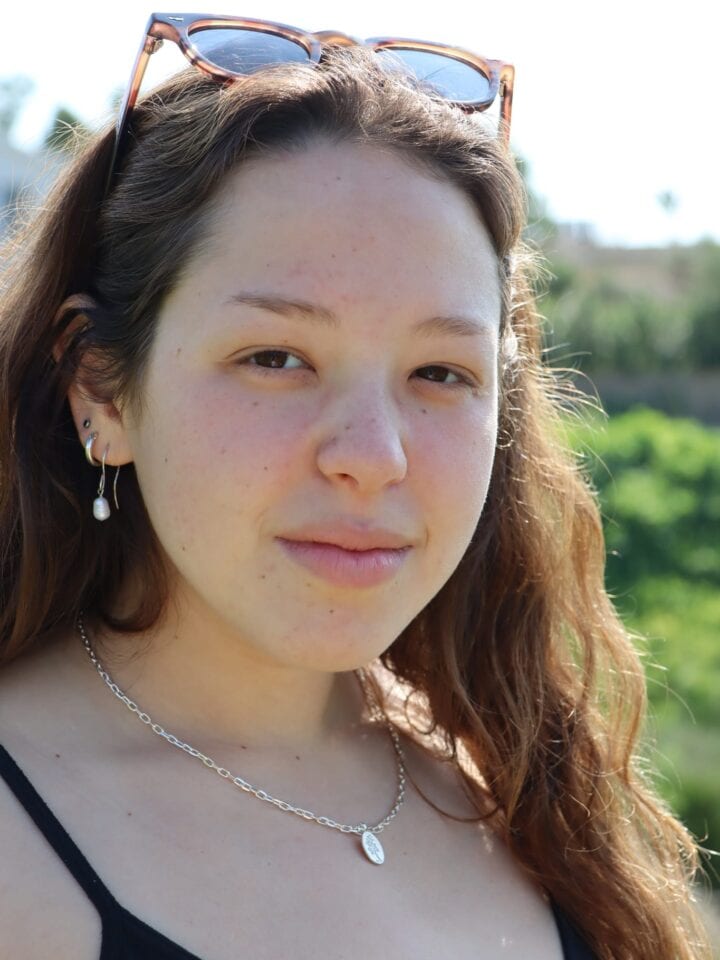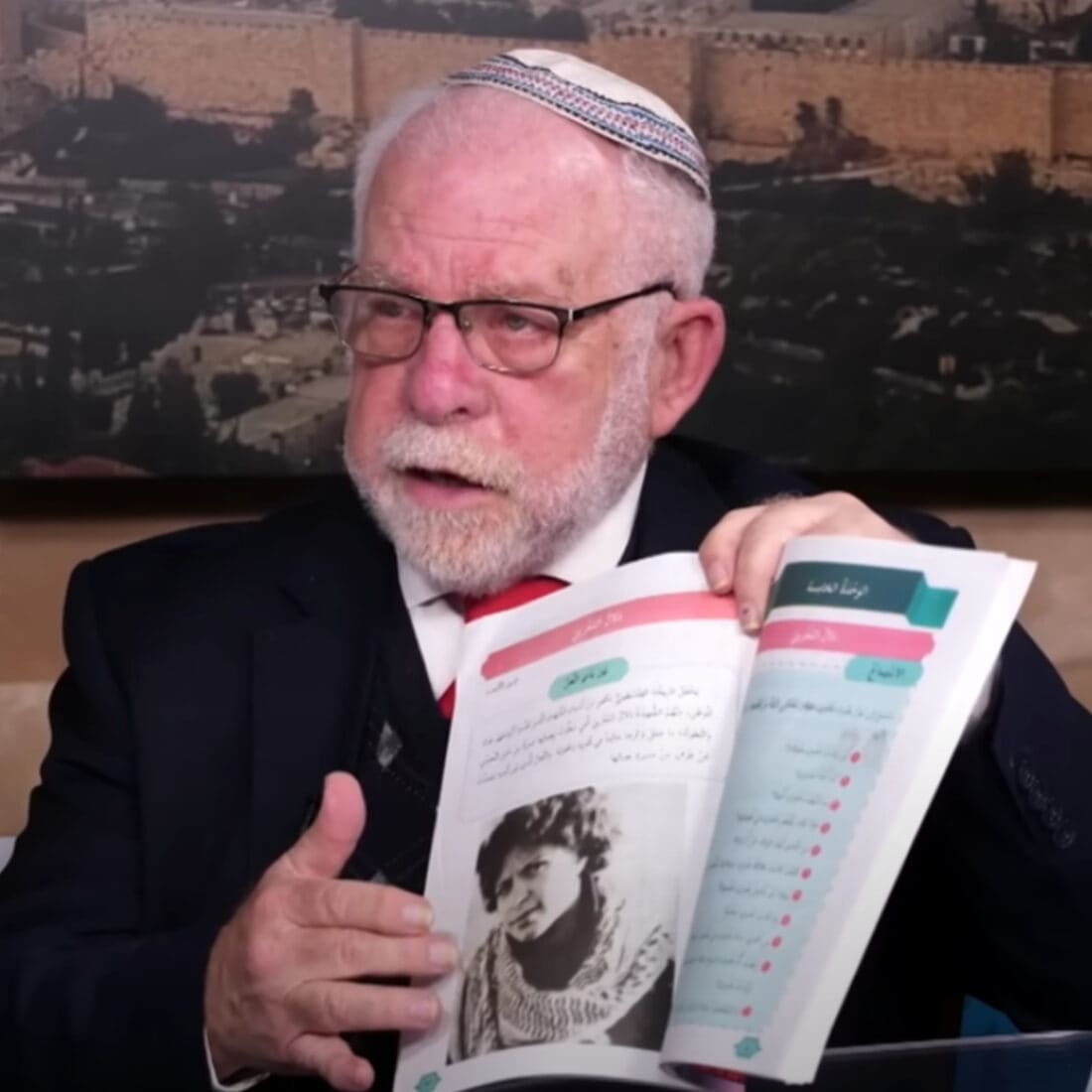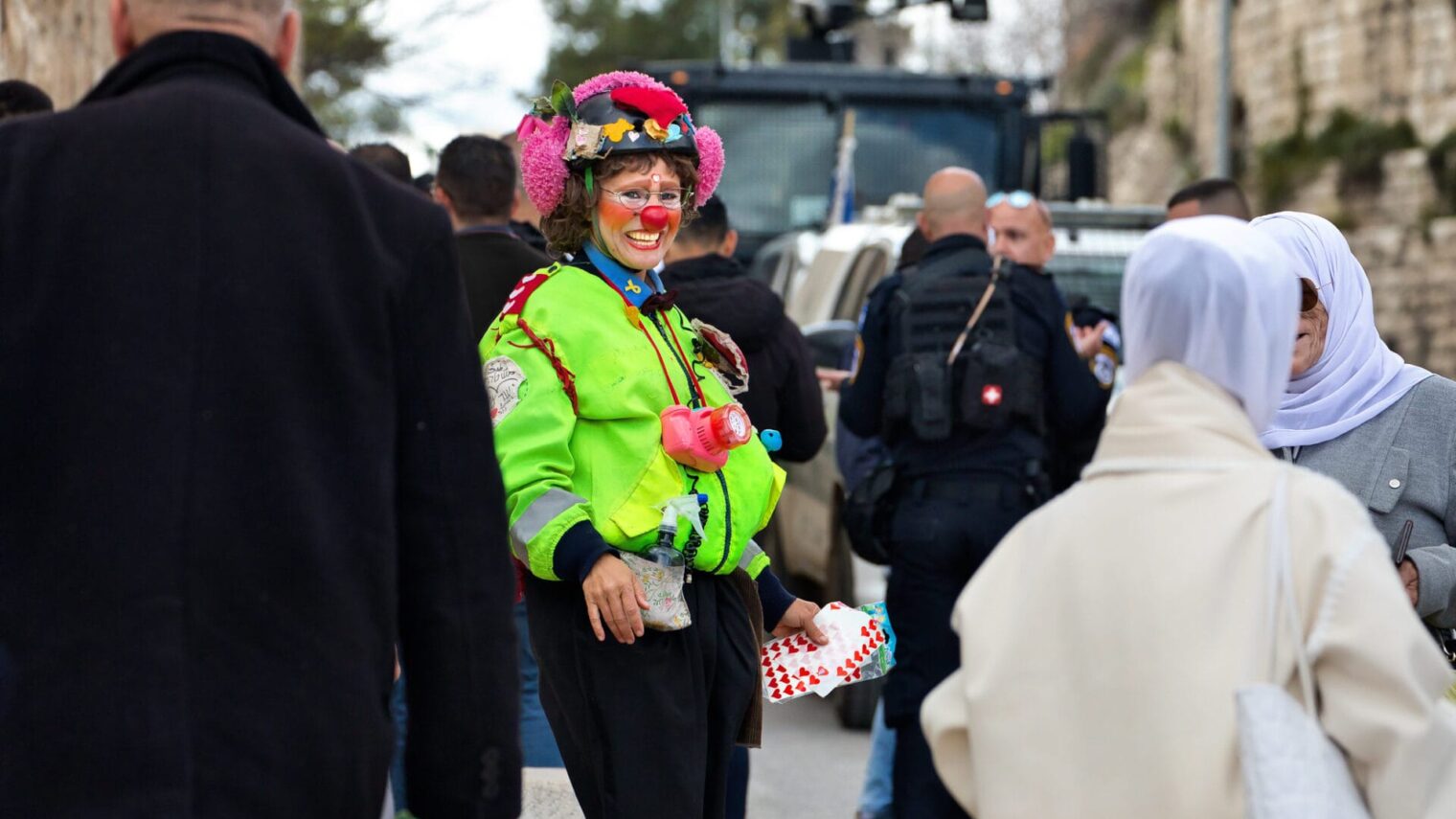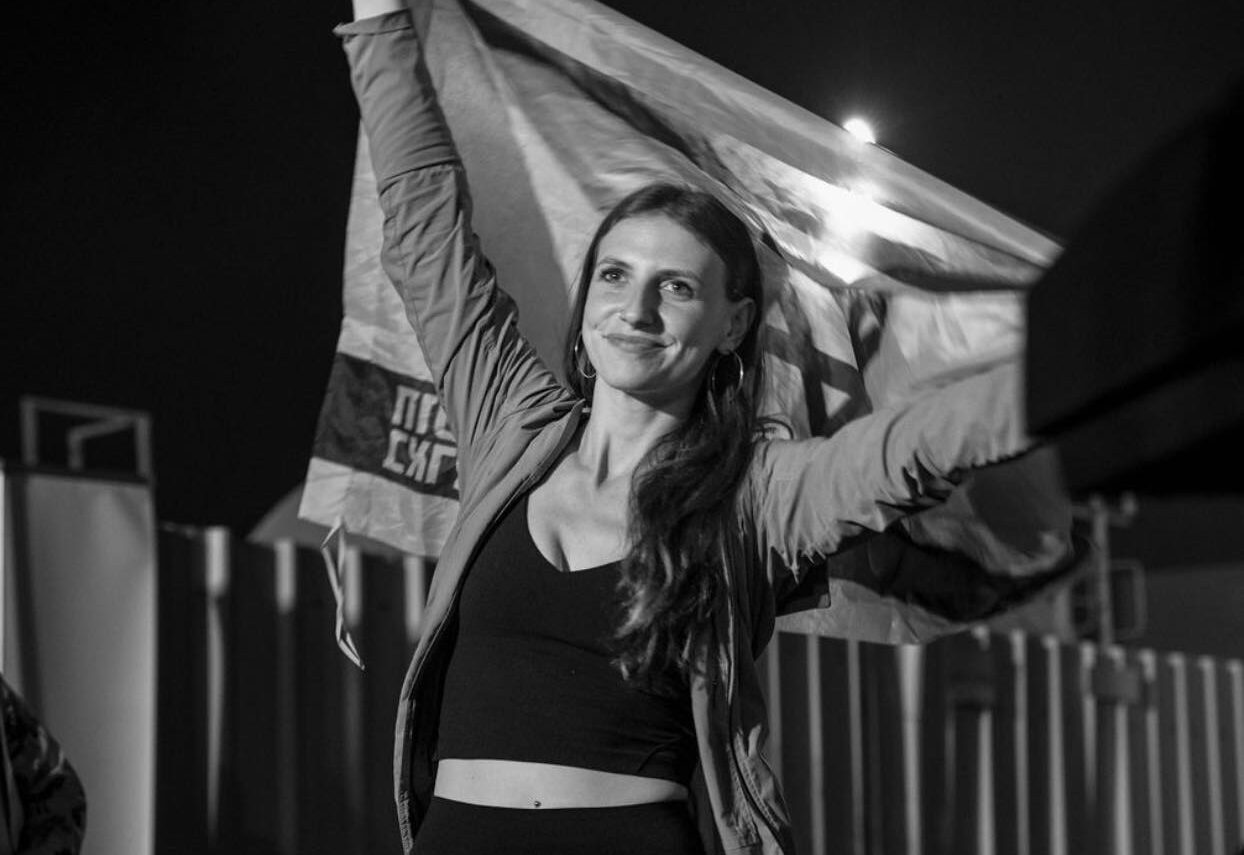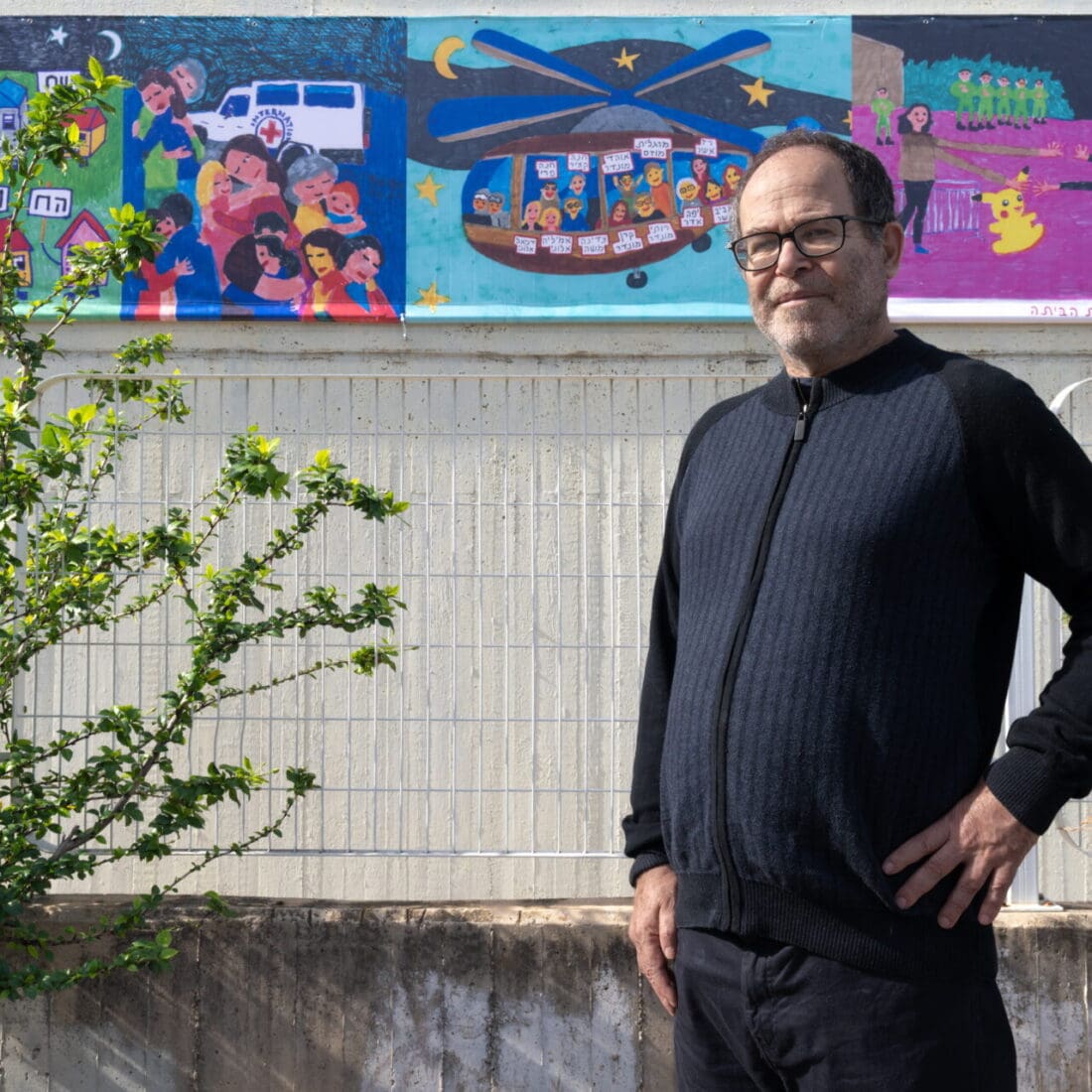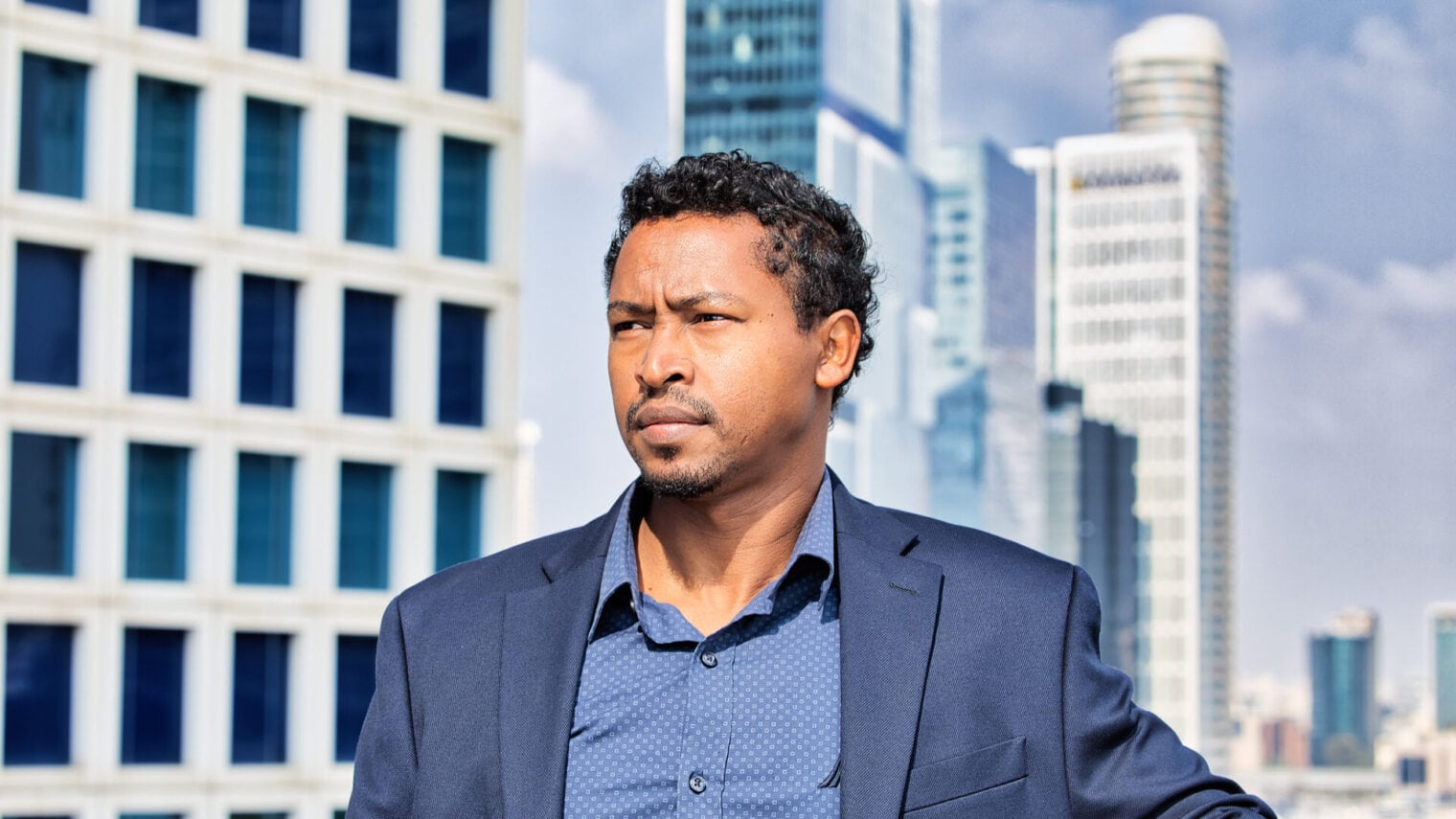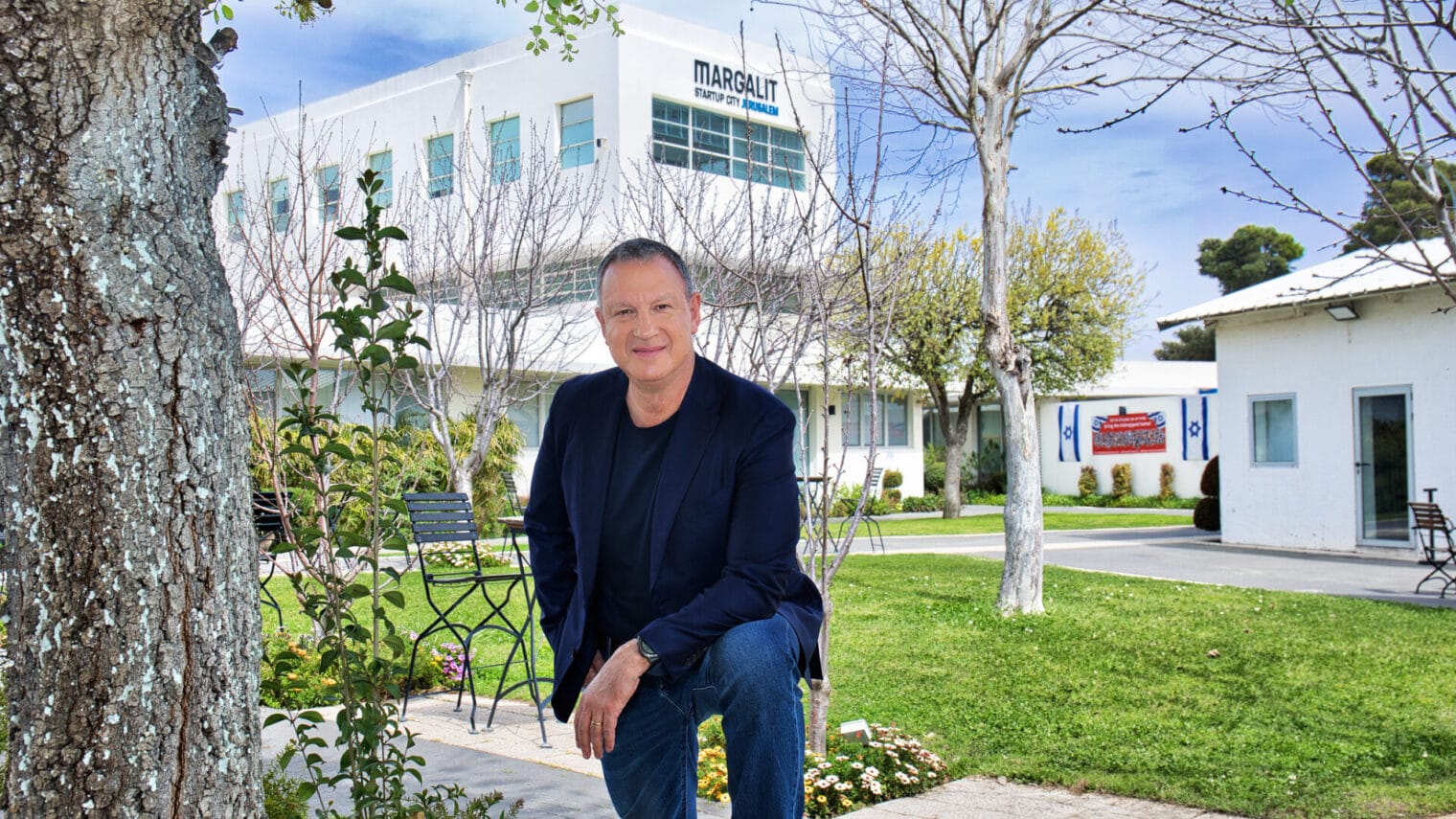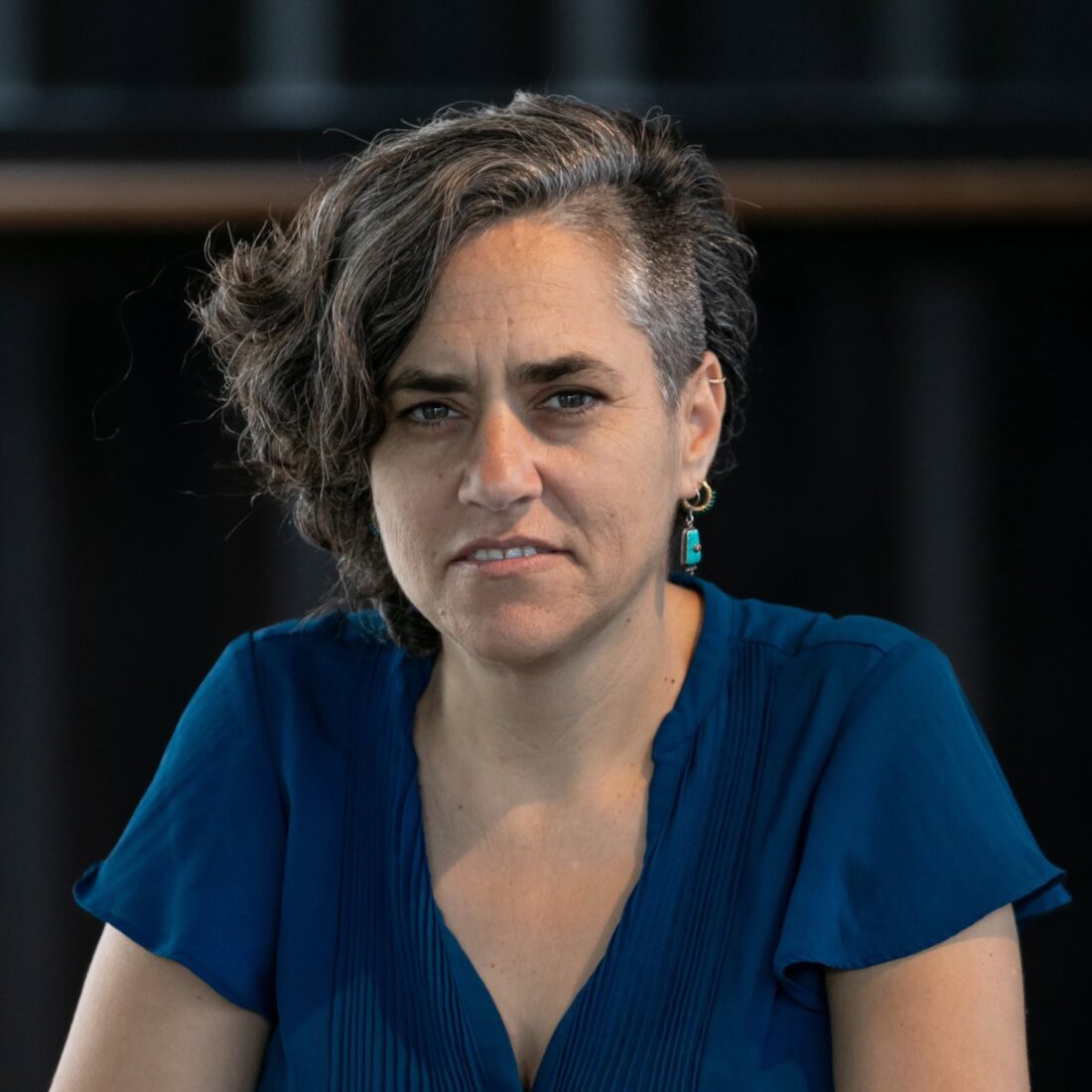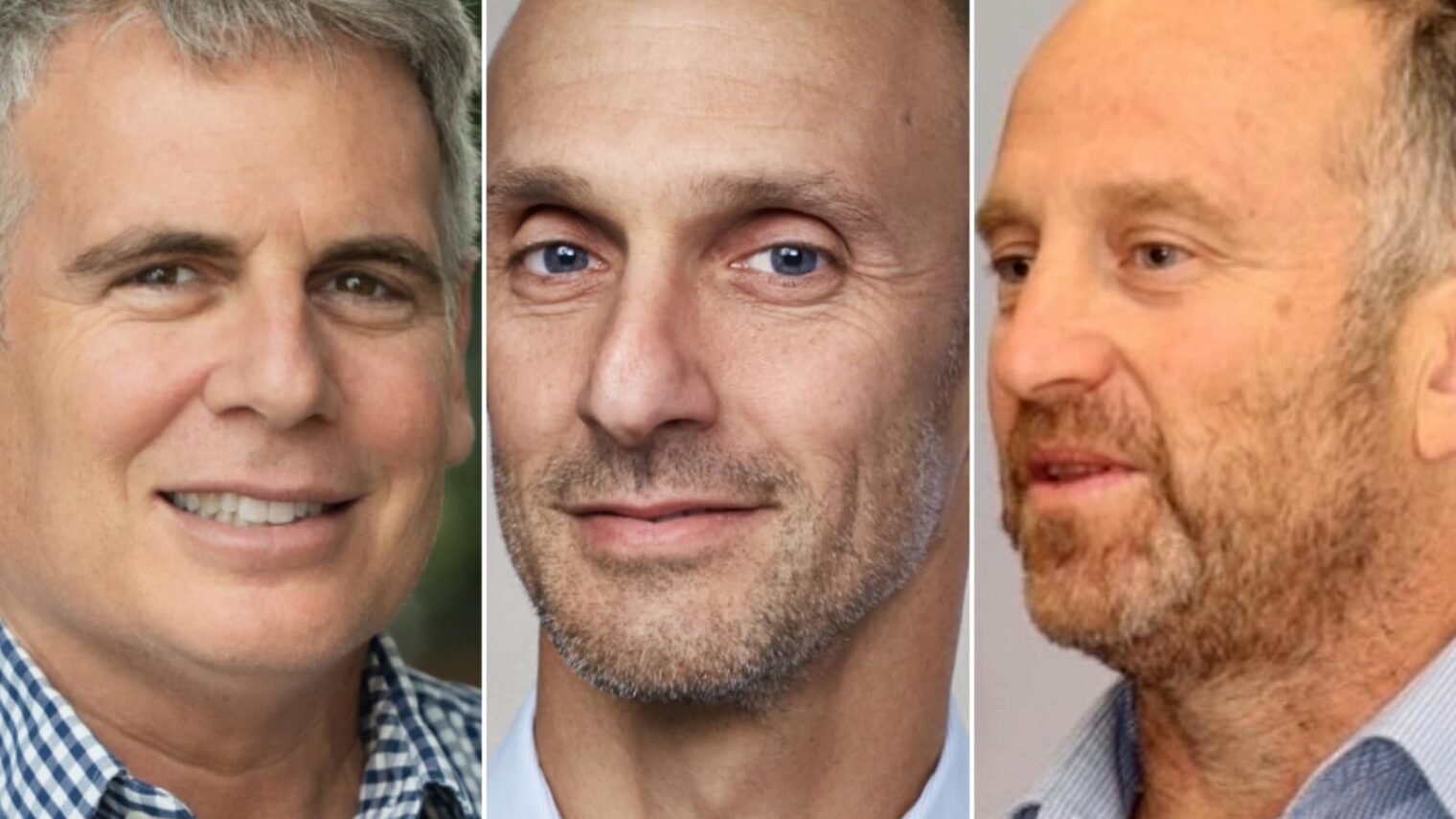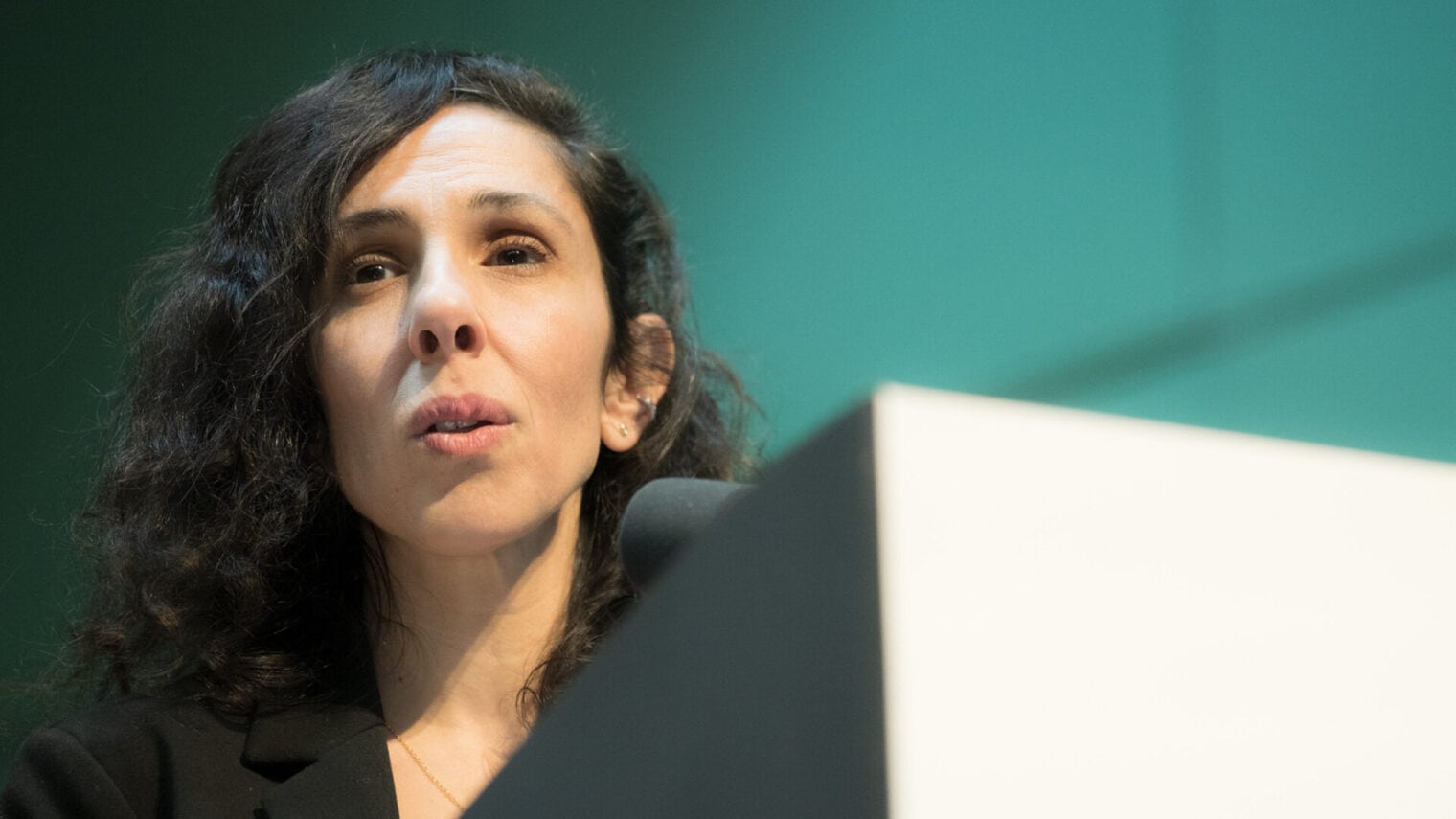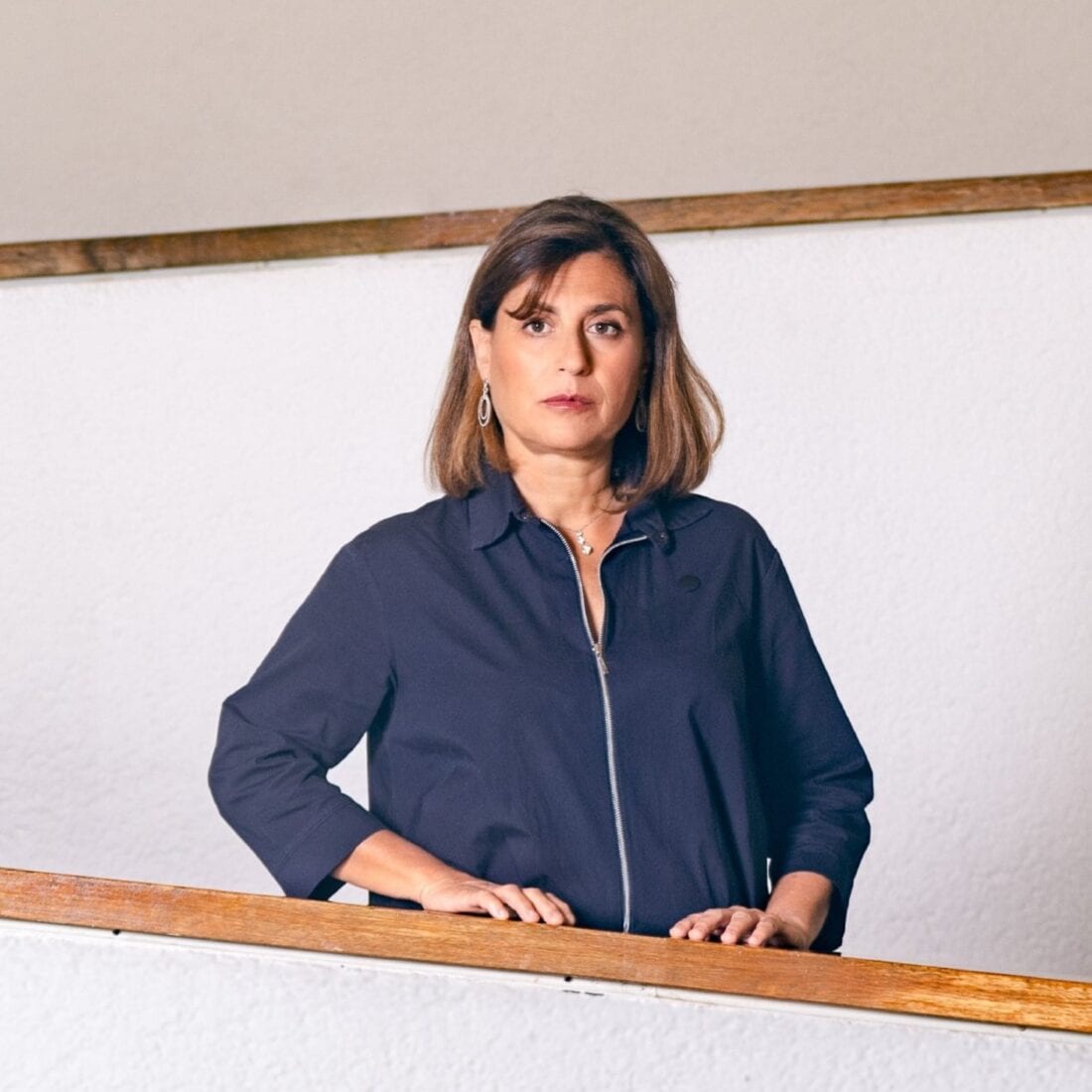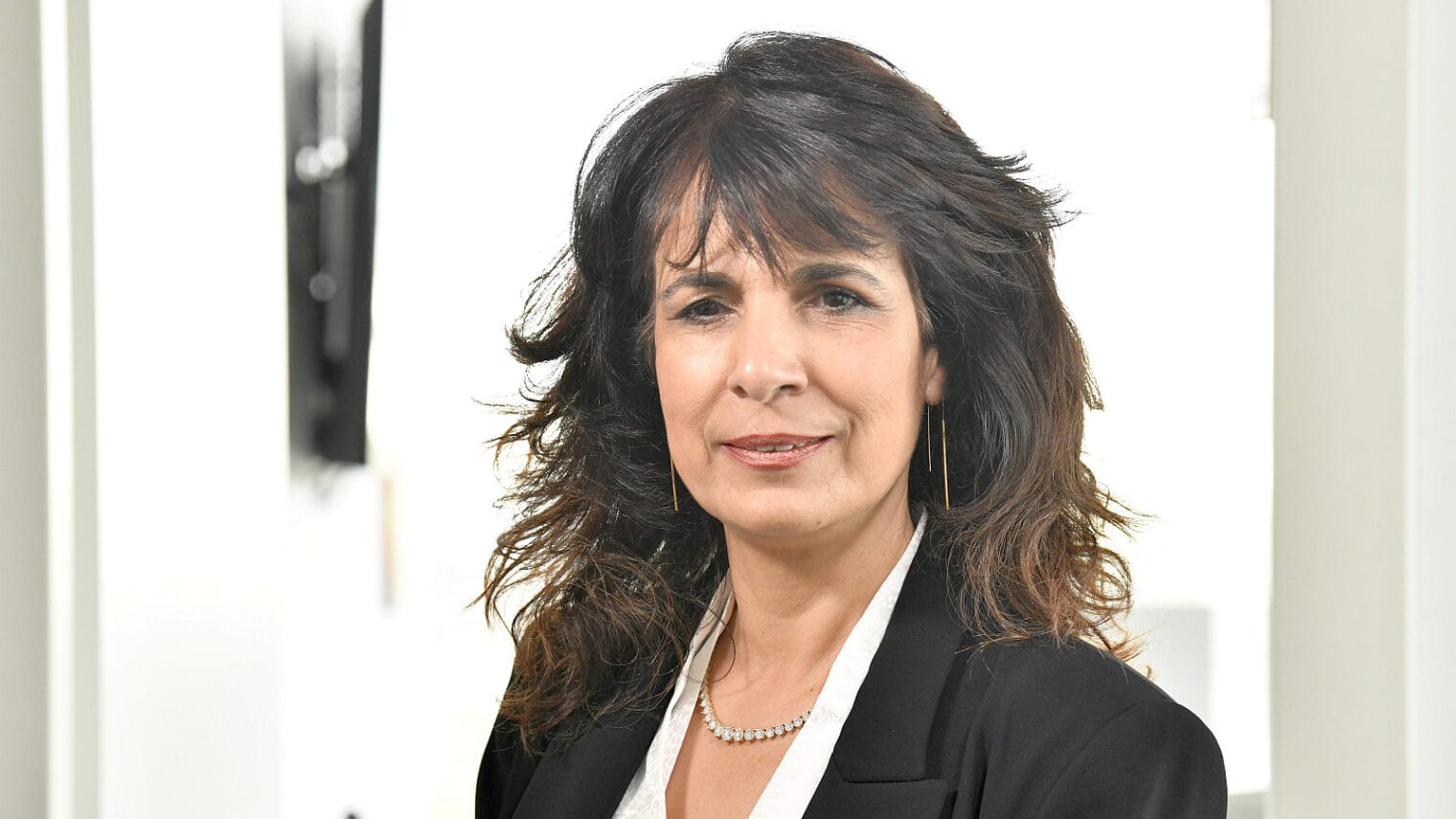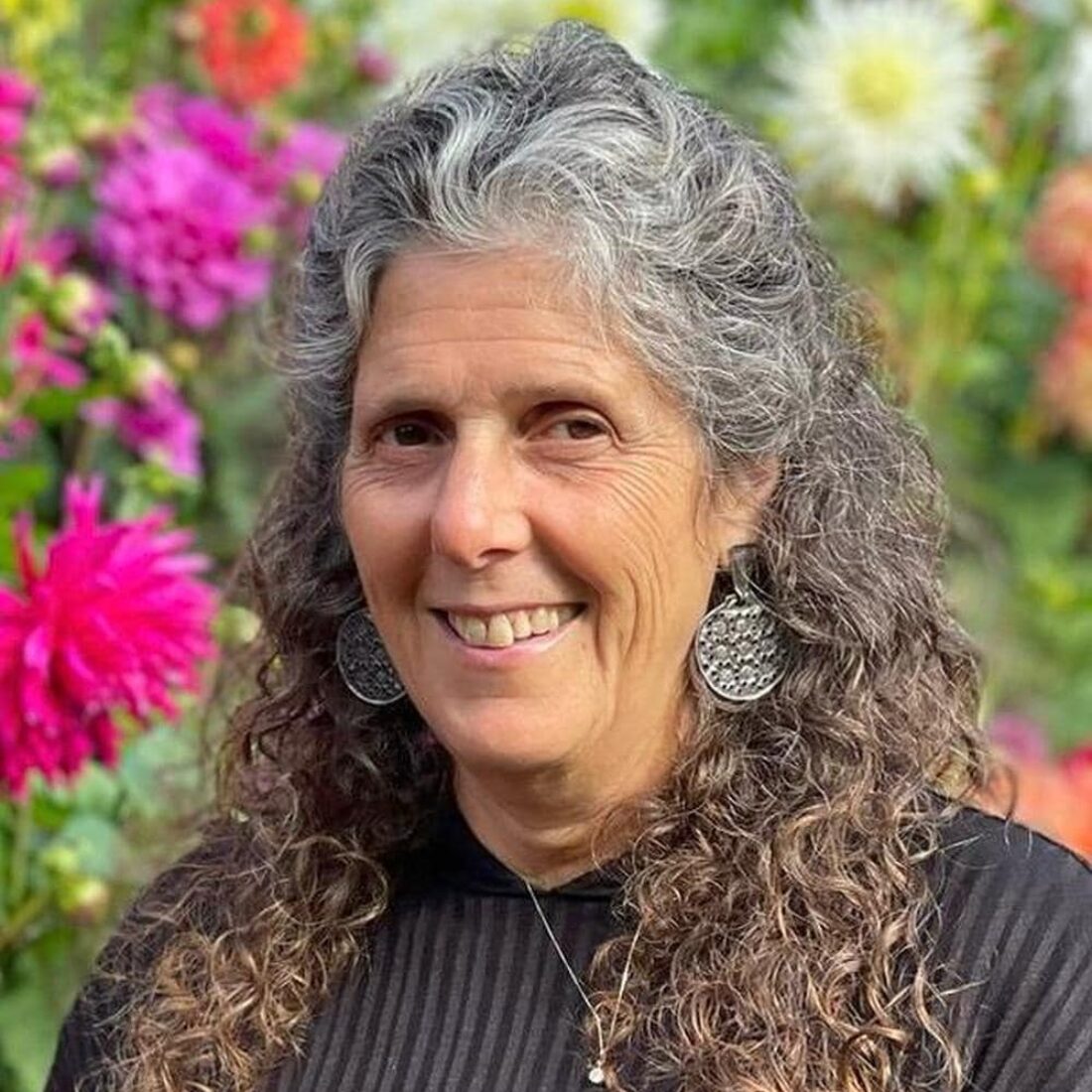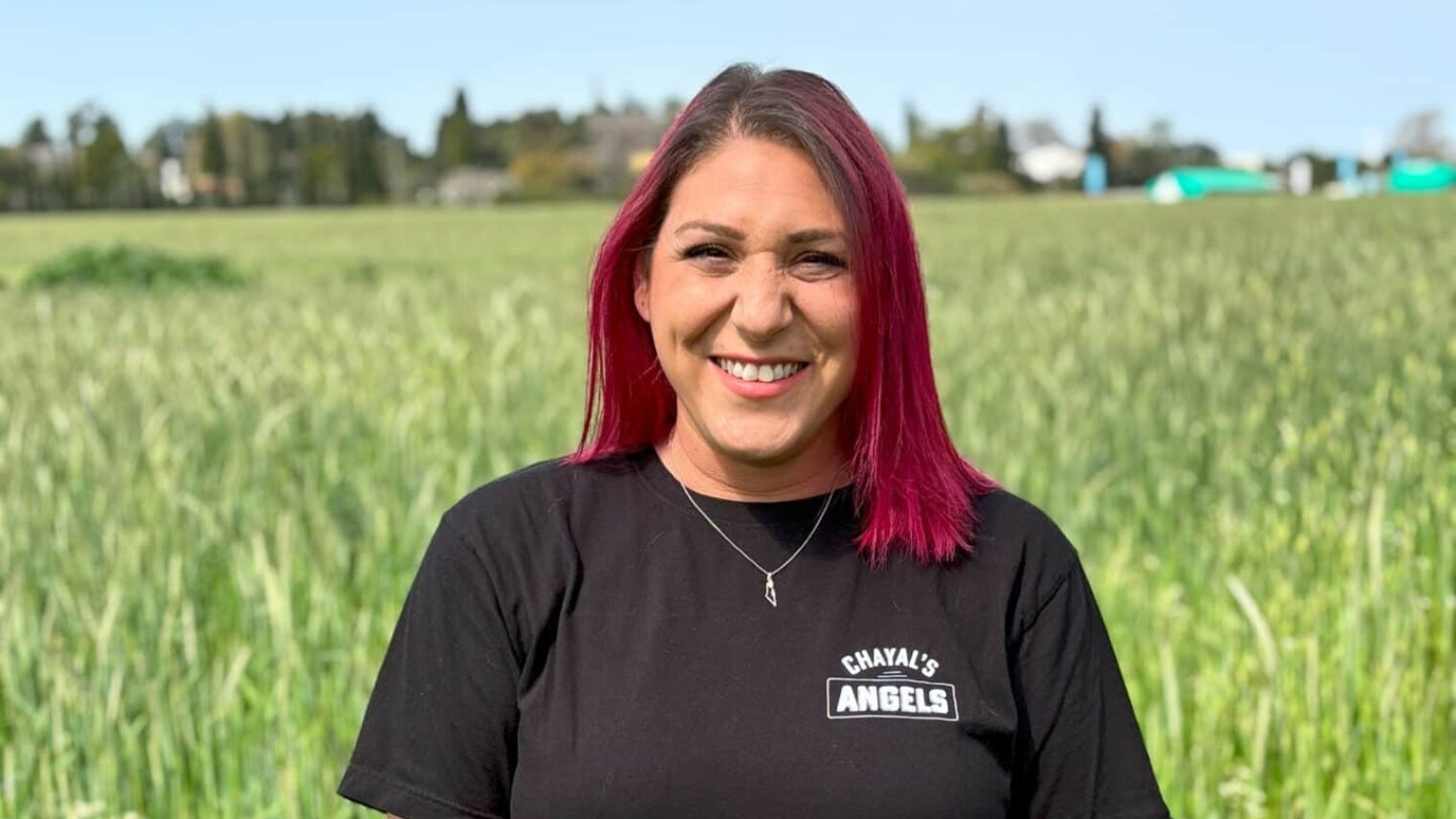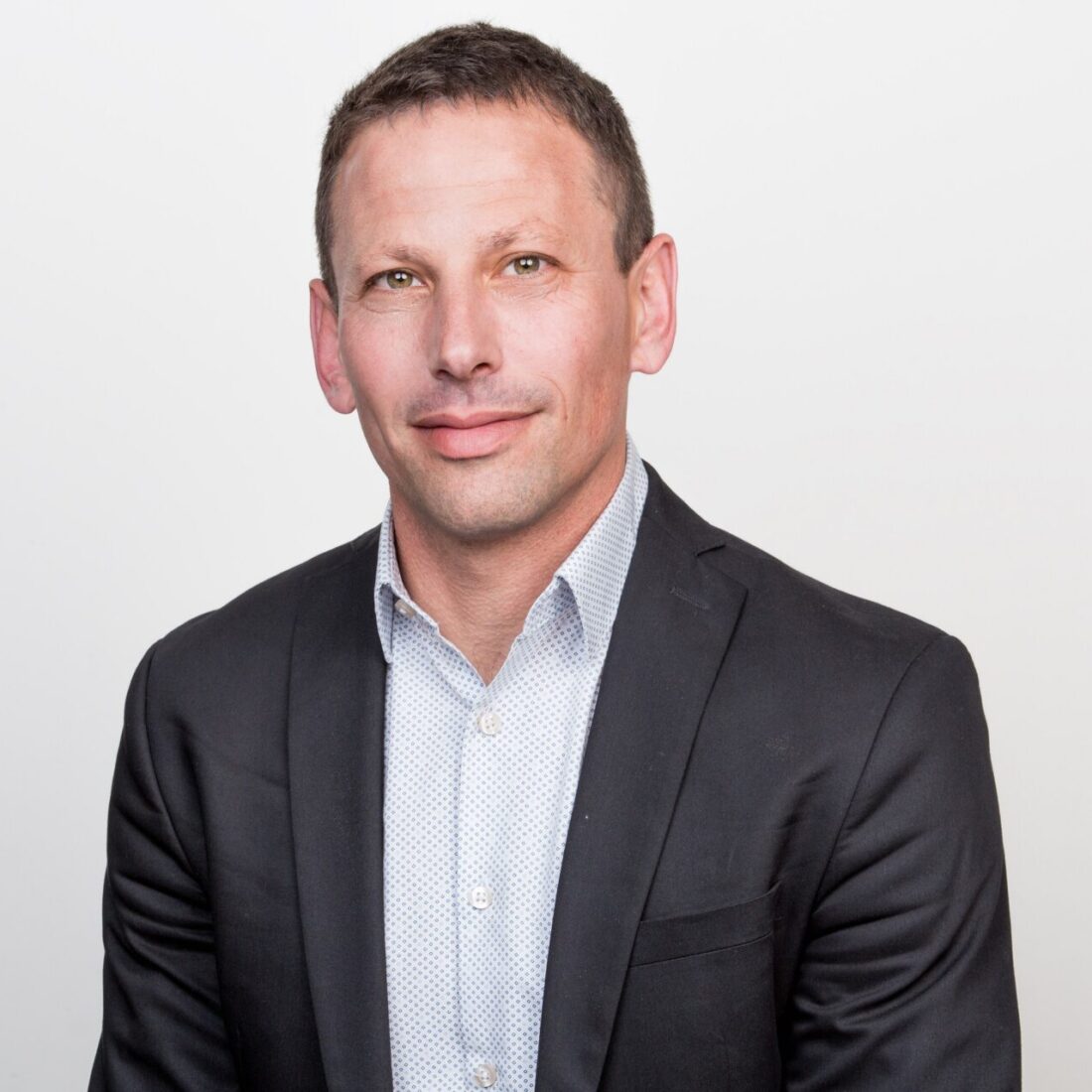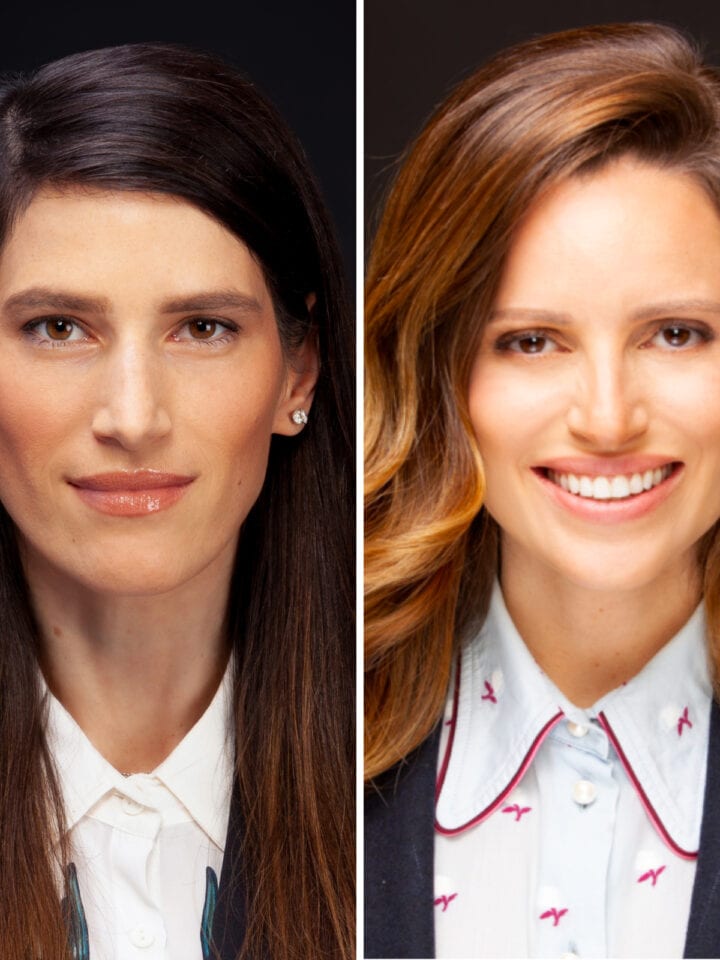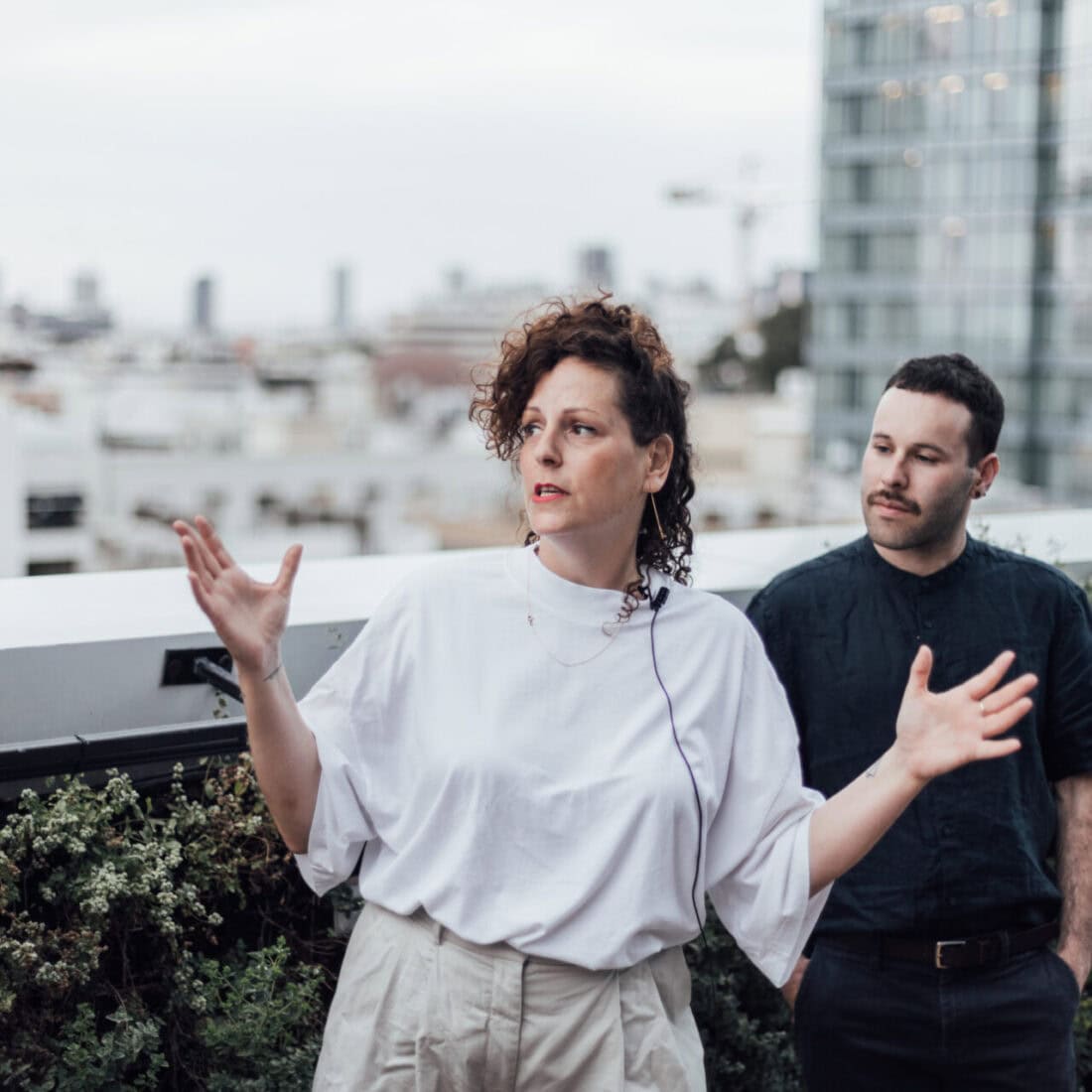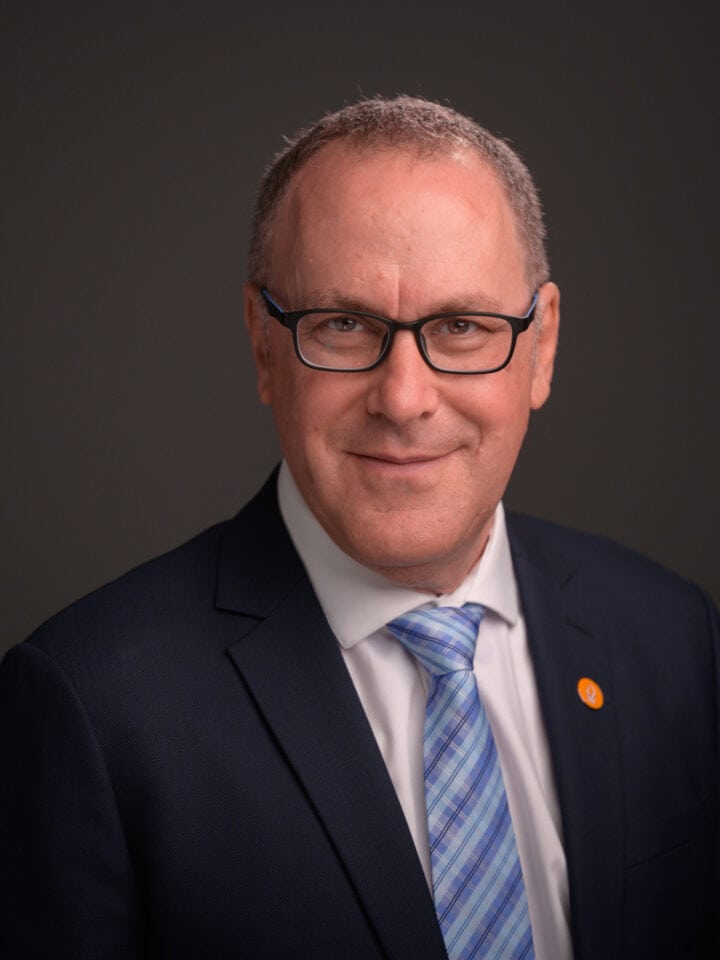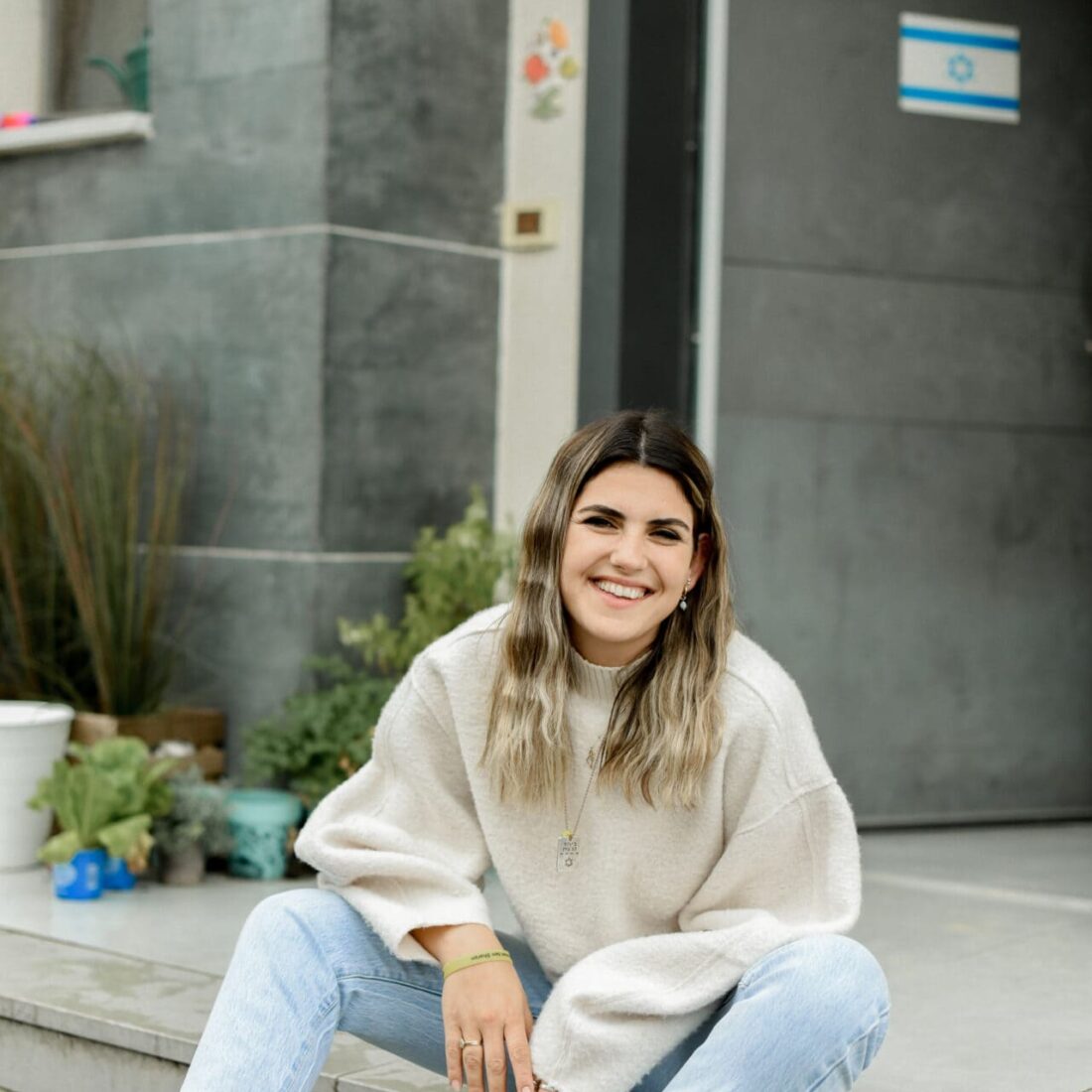I was born and raised in Jerusalem, and am very active in many municipal initiatives and campaigns. Following my military service in the IDF, I did my undergrad at Harvard (in history), a masters at Cambridge (in archeology), and a PhD (a biography of the first Protestant missionary in Ethiopia) at the Hebrew University.
I live in the mixed Jewish-Arab neighborhood of Abu Tor in Jerusalem with my wife, Federica, our daughter Hallel and our dog, Golda. Above all, I’m a storyteller. A person who best processes reality not through arguments or theses, but rather through the small and large dramas that make up everyday life.
I have devoted the last 13 years of my life to trying to tell a nuanced story about Israel — one that isn’t merely political, nationalistic or religious, but rather showcases and celebrates the complexity and messiness of life here.
In doing so, my friends and I hope to expand the circles of those engaged with Israel, and to promote and model the kind of pluralistic, openminded and diverse society we believe Israel can, and should, be.
Like practically everyone else, the events of October 7th found me in a state of total shock, outrage and horror. Almost immediately, Israel Story pivoted its entire operation and started producing daily “Wartime Diaries,” which are an attempt to capture slivers of life during these difficult days.
Sadly, with the eyes and ears of the world directed towards the region, this is the most listened-to content we’ve ever released. And in a way, it has also been my salvation — a constructive way for me to process all the pain people on all sides are experiencing. We hope that in our attempt to expose stories of everyday life in the shadow of the war, we are contributing something — however small — to the way we understand this dreadful experience.
Resiliency comes, of course, in many different shapes and forms. The sense of volunteerism and community we experienced in the wake of October 7th is a hopeful reminder of what our society can be at its best. And indeed, that notion of “being in it together” has, to a certain extent, managed to bridge deep societal divides.
“I hope to expand the circles of those engaged with Israel.”
I find my greatest inspiration in dreamers — people who refuse to accept reality as is, who imagine a wildly different future and work against all odds to make it happen. One of the people who influenced me most in life was my grandmother, my Savta, Zena Harman. She lived across the street from us when I was growing up, and shaped the person I am today.
In the summer of 2006, my Savta and I were watching TV during the Second Lebanon War, and the news was awful: casualties, destruction, hopelessness. My Savta said to me, “Look what a strange world we live in. There are beautiful hills north of here that have vegetation and trees and wildlife. And we humans have drawn a line in the middle of those hills and we call one side of the line Israel and the other Lebanon. And now people from one side are launching rockets at people on the other, who — in response — are bombing and shooting and advancing. And what’s the guy on TV saying? He’s telling us that when Moti Cohen from one side of the line is hurt, when his life is turned upside down, we have to be very sad and mournful, because he is one of our own. And it’s not that when the same thing happens to Ahmed Suleiman from the other side we need to rejoice, but… well… we can care a bit less.”
My grandma then sighed and, with the authority and experience of a woman in her mid-90s, said, “But I’m equally saddened for both Moti and Ahmed, because a person is a person is a person. No matter what.”
Pullquote: “There will, of course, be a day after, and that day will be shaped by our actions. It is crucial to forge deep ties with friends and foes, to ensure we can build the kind of just society we want to live in.”
That lesson ultimately became the basis of Israel Story — a project that my friends and I created to share human interest stories of our countrymen and women. For 13 years we’ve been exploring the humanity of different people, and trying to create empathy toward those who have different beliefs, worldviews and circumstances.
Alongside my professional work, I do my best to express my political opinions clearly and frequently and to be as civically active as possible. Together with thousands and thousands of other Israelis, I have spent the last year and a half fighting to protect the core tenets of Israeli democracy. There will, of course, be a “day after,” and that day will be shaped by our actions. It is therefore crucial to forge deep ties with both friends and foes, to ensure that we can build the kind of just society we would want to live in.
It is easy to forget, given all that has happened since October 7th, that the war caught us on the verge of a civil war.
The thought that Anwar Sadat addressed the Knesset less than four years after the end of the Yom Kippur War fills me with hope. Indeed I think that dramatic events like wars often result in unexpected outcomes, and I hope that will be the case this time too. For that to happen, I believe we need (and frankly deserve!) a new political leadership. And I don’t just mean new people; I mean new ideas regarding what this country should aspire to be, and who we, as a people, should aspire to become.





